
by Ria Olivier | Feb 22, 2024 | Biosecurity, Ecology, Invasion Biology, Marion Island, Research, SANAP, SANAP Student, Uncategorised

 Prof Bettine Jansen van Vuuren (left) chaired the session of Ecosystems, Biodiversity and Biodiscovery with the first plenary talk of the symposium by Peter Convey(right) of the British Antarctic Survey ” Terrestrial biological invasions and their potential impacts in the maritime Antarctic”. (Abstract) Peter Convey discussed that there are around 15 species of non-native plants and invertebrates currently known to be established in the maritime Antarctic . He further emphasize that effective biosecurity measures are required to ensure that further human-assisted transfer both on Signy Island and beyond is avoided. Prof Bettine Jansen van Vuuren chaired the session of Ecosystems, Biodiversity and Biodiscovery.
Prof Bettine Jansen van Vuuren (left) chaired the session of Ecosystems, Biodiversity and Biodiscovery with the first plenary talk of the symposium by Peter Convey(right) of the British Antarctic Survey ” Terrestrial biological invasions and their potential impacts in the maritime Antarctic”. (Abstract) Peter Convey discussed that there are around 15 species of non-native plants and invertebrates currently known to be established in the maritime Antarctic . He further emphasize that effective biosecurity measures are required to ensure that further human-assisted transfer both on Signy Island and beyond is avoided. Prof Bettine Jansen van Vuuren chaired the session of Ecosystems, Biodiversity and Biodiscovery.
 Bettine gave an overview of research that included research done by Daniela and Shilpha as they could not attend as they were on Marion Island. Foregrounding geodiversity in landscape ecology studies: insights from the sub-Antarctic – Daniela Monsanto (Abstract) Detecting signals of adaptive selection of an invasive springtail on sub-Antarctic Marion Island – Shilpha Parbhu (Abstract)
Bettine gave an overview of research that included research done by Daniela and Shilpha as they could not attend as they were on Marion Island. Foregrounding geodiversity in landscape ecology studies: insights from the sub-Antarctic – Daniela Monsanto (Abstract) Detecting signals of adaptive selection of an invasive springtail on sub-Antarctic Marion Island – Shilpha Parbhu (Abstract)
 Daniela Monsanto, Shilpa Parbhu, Sandra Durand, Arsalan Emami-Khoyi, Peter Teske, David Hedding
Daniela Monsanto, Shilpa Parbhu, Sandra Durand, Arsalan Emami-Khoyi, Peter Teske, David Hedding
 Morgan Raath-Kruger(left) and student of Peter le Roux at University of Pretoria gave an oral presentation and an introduction to her poster.
Morgan Raath-Kruger(left) and student of Peter le Roux at University of Pretoria gave an oral presentation and an introduction to her poster.
- Long-term spatially-replicated data show no physical cost to a benefactor species in a facilitative plant–plant interaction. (Abstract)
- Do anisotropic processes influence fine-scale spatial genetic structure of a keystone sub-Antarctic plant species? (Abstract)
 Another abstract submitted but Carol Jacobs(right) could not present is on the biosecurity within the South African National Antarctic Programme. (Abstract)https://alp.lib.sun.ac.za/handle/123456789/29301
Another abstract submitted but Carol Jacobs(right) could not present is on the biosecurity within the South African National Antarctic Programme. (Abstract)https://alp.lib.sun.ac.za/handle/123456789/29301

by Ria Olivier | Feb 21, 2024 | Antarctica, Marion Island, Overwintering Team, SA Agulhas II, SANAE IV, SANAP, Stations, Take-Over Operations
 It was a great event to welcome back the SANAE62 overwintering team after they spent more than a year at Antarctica. Dr Aby Paton(front 3rd form left), medical doctor of the team did not return as she will be staying on at SANAEIV as team leader and medical doctor for SANAE63.
It was a great event to welcome back the SANAE62 overwintering team after they spent more than a year at Antarctica. Dr Aby Paton(front 3rd form left), medical doctor of the team did not return as she will be staying on at SANAEIV as team leader and medical doctor for SANAE63.

 The event was organised by Ms Chuma Phamoli, Director of Antarctic and Southern Oceans Islands Support. Dr L Fikizolo, Deputy Director of Oceans and Coasts, gave the welcome speech and thanked everyone on the voyage for their dedication and hard work to make the take over period successful. “This was the first season that the vessel had cover two destinations (Antarctica and Marion Island) on both the out bound and in bound legs of the voyage. The voyage also gave the Department of Public Works and Infrastructure (DPWI) the necessary platform to undertake their annual maintenance activities at the SANAE IV base and the removal of old infrastructure on Marion Island.” – DFFE
The event was organised by Ms Chuma Phamoli, Director of Antarctic and Southern Oceans Islands Support. Dr L Fikizolo, Deputy Director of Oceans and Coasts, gave the welcome speech and thanked everyone on the voyage for their dedication and hard work to make the take over period successful. “This was the first season that the vessel had cover two destinations (Antarctica and Marion Island) on both the out bound and in bound legs of the voyage. The voyage also gave the Department of Public Works and Infrastructure (DPWI) the necessary platform to undertake their annual maintenance activities at the SANAE IV base and the removal of old infrastructure on Marion Island.” – DFFE


 DFFE preparations for welcoming ceremony(image left). Zaid Watson and Mawonga Mandleni provided entertainment while everyone was waiting (image right)
DFFE preparations for welcoming ceremony(image left). Zaid Watson and Mawonga Mandleni provided entertainment while everyone was waiting (image right)


 Family, friend and colleagues wait to greet everyone
Family, friend and colleagues wait to greet everyone
And then the S.A, Agulhas II arrive at East Pier with those on board




WELOME SPEECH Video Recording MEDIA INVITE

by Ria Olivier | Feb 19, 2024 | Oceanography, Research, SANAP, SANAP Student, Science, Southern Ocean, Uncategorised
 MARIS started the first session on Southern Ocean research within SANAP with focus on SEA ICE. Above: Rutger Marquart, Magata Mangatane, Dylan White, Anand Nair, Wayne de Jager, Leila Nefdt, Safiyyah Moos, Tokoloho Rampai, Marcello Vichi, Robyn Verrinder, Hayley Swait, Riesna Audh, James van Niekerk. (Photo Credit: MARIS)
MARIS started the first session on Southern Ocean research within SANAP with focus on SEA ICE. Above: Rutger Marquart, Magata Mangatane, Dylan White, Anand Nair, Wayne de Jager, Leila Nefdt, Safiyyah Moos, Tokoloho Rampai, Marcello Vichi, Robyn Verrinder, Hayley Swait, Riesna Audh, James van Niekerk. (Photo Credit: MARIS)


The first ocean session covered the Antarctic sea ice research field led by the Sea Ice Team from the Marine and Antarctic Research for Innovation and Sustainability (MARiS). The research themes covered in this session were innovation and development, oceans and marine eco-systems under global change and earth systems observations. The presentations and posters under these research theme covered a diverse range of projects from large-scale sea ice observations, tracking and measurements to the small-scale sea ice dynamics, properties and biogeochemistry. Antarctic sea ice research has received a comparatively limited focus compared to its Arctic counterpart. The MARiS sea ice team is constituted of the departments of Oceanography, Electrical and Chemical Engineering at the University of Cape Town, with projects aimed to contribute new insights and push the boundaries within this research domain. The presentation within this session were on a variety of earth system observations models, simulations of sea ice wave interactions, innovative tool development for lab-based experiments and field-based work investigating sea ice dynamics and properties and the ecological impacts of algae and their biogeochemical significance. The session under the MARS theme; Oceans and marine ecosystems under global change was chaired by Principal investigator Tokoloho Rampai and it included an overview of Maris by Robyn Verrinder. The session was done in round table fashion and included posters and oral presentations. Tokoloho concluded the session with a closing statement
 Oral presentations:
Oral presentations:
- Robyn Verrinder – Overview of MARIS.
- Rutger Marquart – Numerical modelling of sea ice dynamics and thermodynamics in the Antarctic marginal ice zone. (abstract)
- Anand Nair – Three-Dimensional Computational Fluid Dynamics Modelling of Pancake Ice on Waves. (abstract)
- Safiyyah Moos – Investigating the dynamics and exchanges across the ice-ocean interface in artificial sea ice. (abstract)
- Hayley Swait – Investigating Brine and Air Porosity in Sea Ice from the Eastern Antarctic Marginal Ice Zone. (abstract)
 Poster Presentations were displayed in the venue during the symposium and presenters gave a quick introduction to their posters during the round-table session.
Poster Presentations were displayed in the venue during the symposium and presenters gave a quick introduction to their posters during the round-table session.
- Wayne De Jager – Sub-daily Antarctic sea-ice variability estimates using swath-based retrieval methods. (abstract)
- Dylan White – Discussion on the Premise of, and Challenges in, the Development of a Ship-Based Radar System for the in-situ Measurement of Sea Ice Thickness. (abstract)
- Magata Mangatane – Antarctic sea-ice thickness reconstruction. (abstract)
- Marcello Vichi – Wind- and wave-driven free-drift dynamics in Antarctic Sea ice.(abstract)
- Tokoloho Rampai – Sea ice growth dynamics and their influence on the physical, structural and mechanical properties-A discussion on innovation in in situ testing. (abstract)
- James van Niekerk – Investigation of the Interactions Between Sea Ice Algae from the Marginal Ice Zone of Antarctica and Artificial Sea Ice. (abstract)
- Riesna Audh – Winter biogeochemical activity is enhanced by rafting in growing Antarctic Sea ice. (abstract)


After the session the group took pictures (Credit: Leila Nefdt)

by Ria Olivier | Feb 16, 2024 | Data Management, Marion Island, Prince Edward Island, Research, SA Agulhas II, Science, Uncategorised
 During the 6th Symposium sessions were allocated to cross cutting disciplines and it led to great presentations and discussions. 12- 16 February is International Love Data Week with the theme “My Kind of Data” and this is about the data presentations at the SANAP Symposium “the SANAP community kind of data.”
During the 6th Symposium sessions were allocated to cross cutting disciplines and it led to great presentations and discussions. 12- 16 February is International Love Data Week with the theme “My Kind of Data” and this is about the data presentations at the SANAP Symposium “the SANAP community kind of data.”
Data Management
 Anne Treasure(right) South Africa’s representative at Standing Committee on Data Management(SCADM) at SCAR and Data Products and Society Manager of the South African Polar Institute(SAPRI) chaired the main session on data management. This session included very interesting presentations from various science disciplines.
Anne Treasure(right) South Africa’s representative at Standing Committee on Data Management(SCADM) at SCAR and Data Products and Society Manager of the South African Polar Institute(SAPRI) chaired the main session on data management. This session included very interesting presentations from various science disciplines.



Above(l-r): Leigh McGaughey, JP Barnard, Bjorn Boyes
- First Presentation was by Leigh McGaughey on “Ecosystem modelling to explore ecosystem dynamics at the Prince Edward Islands.” (abstract)
- Data management with JP Barnard delivering a presentation on “Management of Recorded Voyage Data for the SA Agulhas II.” and discuss intricate models to ensure vessel data is manage correctly. (Abstract)


- Bjorn Boyes had everyone listening to his talk ” on how to digitally construct sub-Antarctic Marion Island. (Abstract)



On the 30th November more data presentations was given in an ad hoc session chaired by Christel Hansen. Above(l-r): David Hedding, Christel Hansen, Pierre Cilliers
- David Hedding: A geospatial database for the sub-Antarctic Prince Edward Islands (Abstract) Read more here and see the dataset
 Christel Hansen delivered a presentation on “Consistent mapping and geospatial information representation in the Antarctic and sub-Antarctic: why South Africans should care.” (Abstract)
Christel Hansen delivered a presentation on “Consistent mapping and geospatial information representation in the Antarctic and sub-Antarctic: why South Africans should care.” (Abstract)- During the last research theme session chaired by Stefan Lotz of SANSA, Pierre Cilliers delivered a presentation on ” The long-term variation of the geomagnetic field in Antarctica as measured in Hermanus, Maitri and at SANAE-IV since 2007.” (Abstract)

by Ria Olivier | Feb 14, 2024 | Announcement, Marine Protected Area, Marion Island, Prince Edward Island, Prince Edward Islands
 The Department of Forestry, Fisheries and the Environment is calling for the submission of nominations for the appointment of members to serve on the Prince Edward Islands Special Nature Reserve Advisory Committee (“PEIAC”) for the period 2024 to 2026.
The Department of Forestry, Fisheries and the Environment is calling for the submission of nominations for the appointment of members to serve on the Prince Edward Islands Special Nature Reserve Advisory Committee (“PEIAC”) for the period 2024 to 2026.
 See the full criteria here and Public Notice
See the full criteria here and Public Notice
Enquiries may be directed to:
Ms Daisy Kotsedi
Tel: 021 493 7354
E-mail: dkotsedi@dffe.gov.za
CLOSING DATE: 19 March 2024
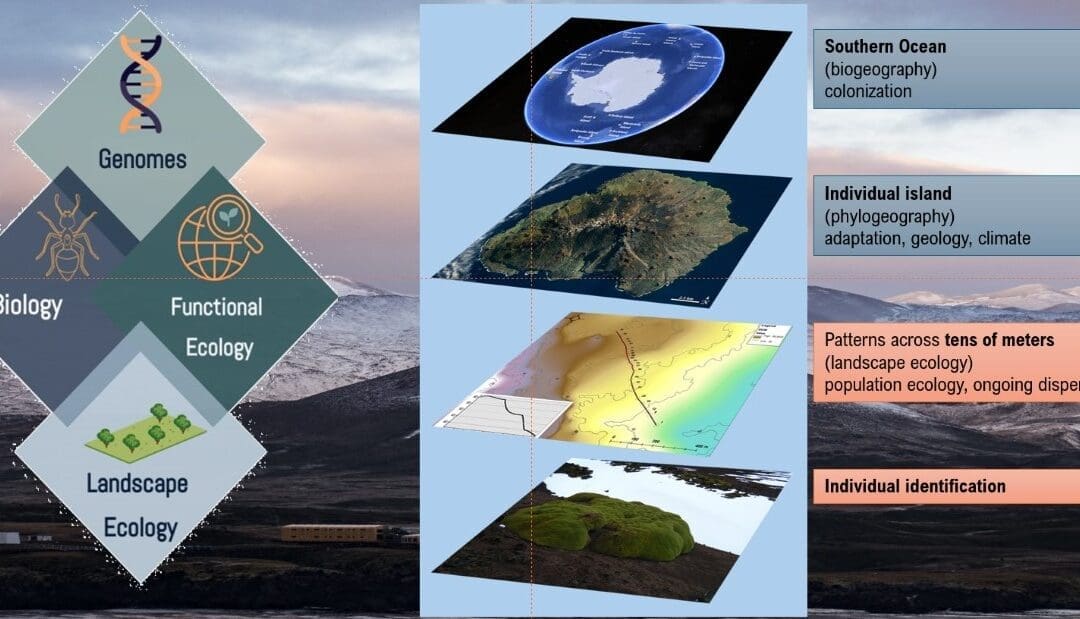
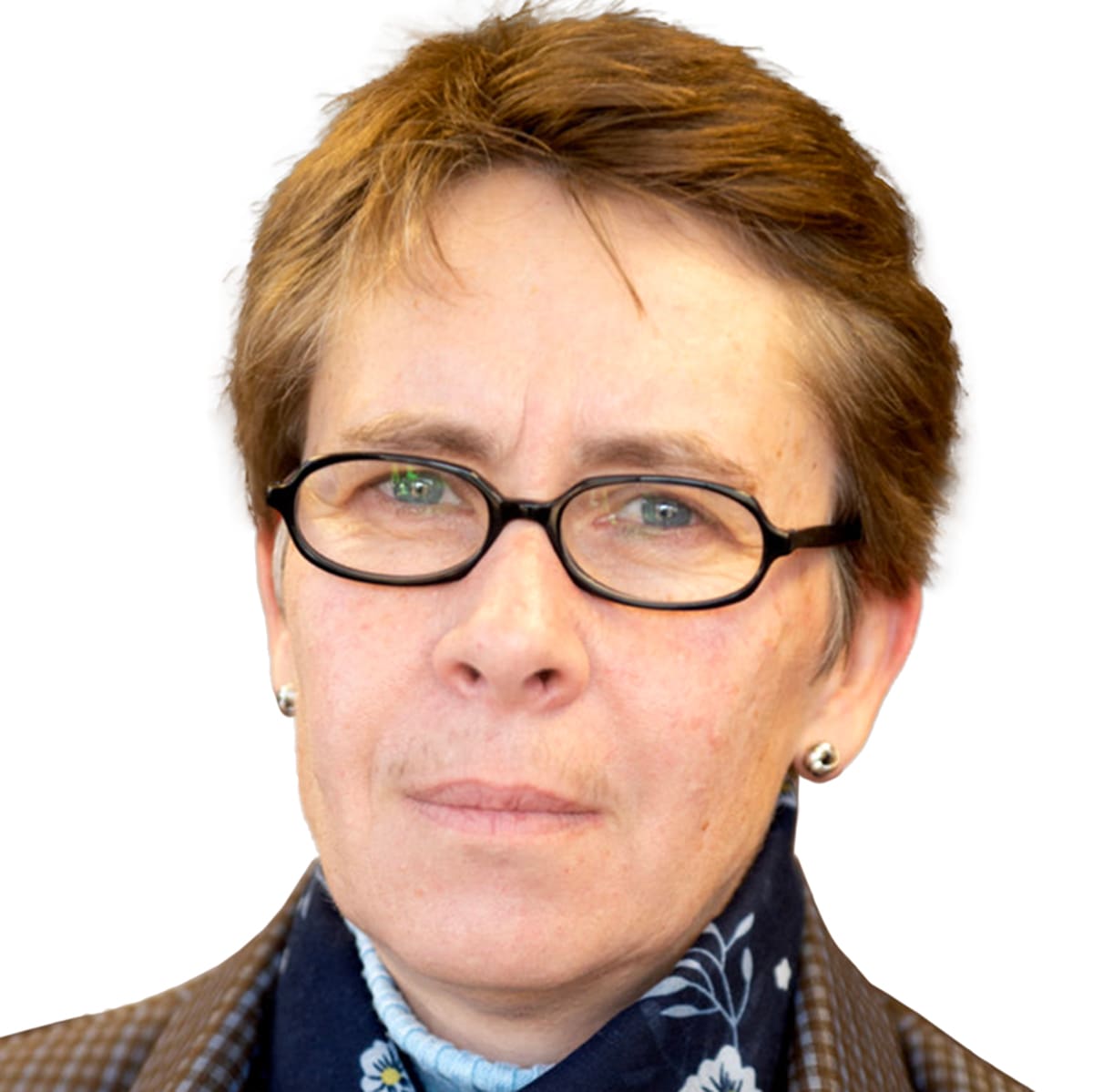
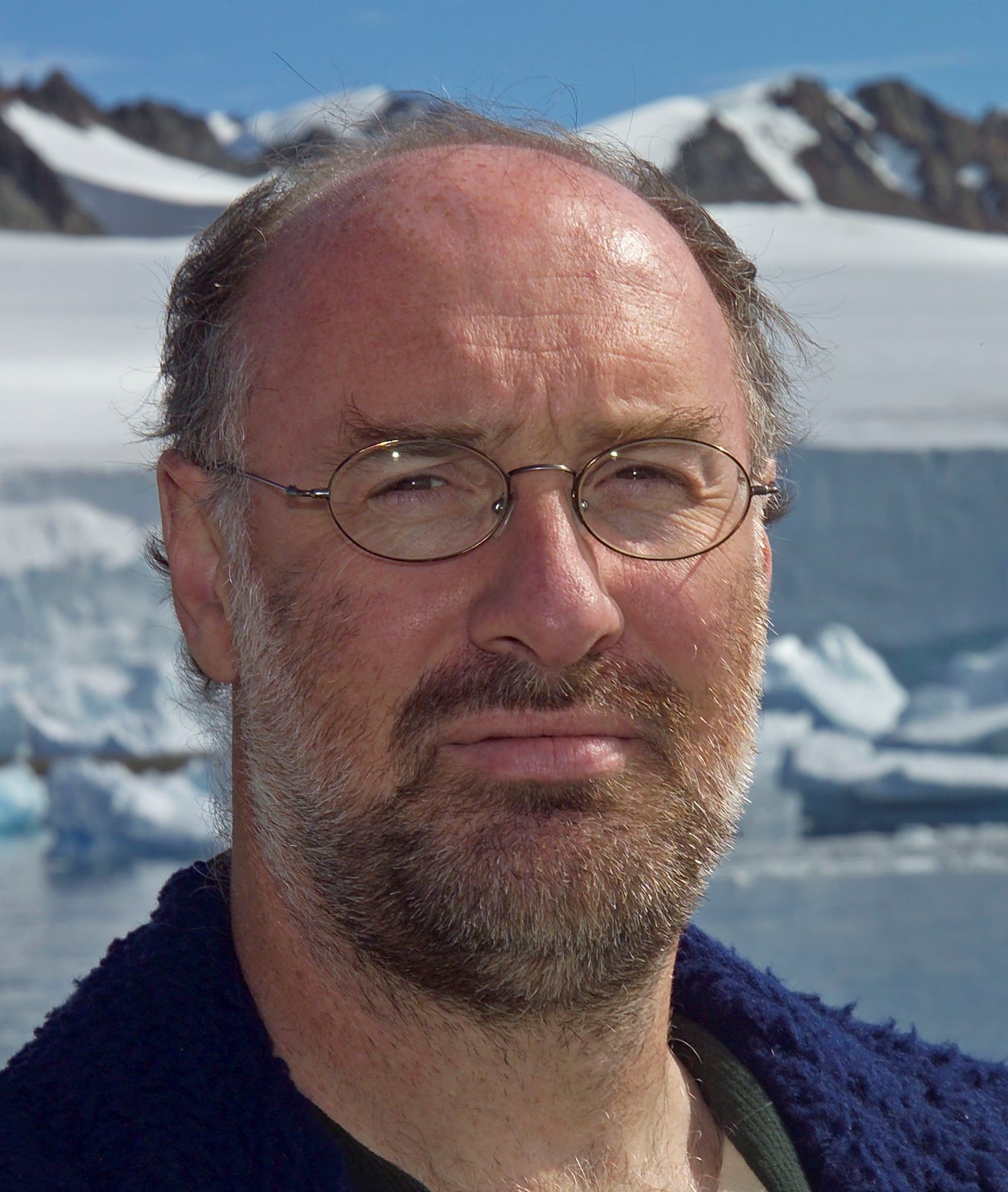 Prof Bettine Jansen van Vuuren (left) chaired the session of Ecosystems, Biodiversity and Biodiscovery with the first plenary talk of the symposium by Peter Convey(right) of the British Antarctic Survey ” Terrestrial biological invasions and their potential impacts in the maritime Antarctic”. (Abstract) Peter Convey discussed that there are around 15 species of non-native plants and invertebrates currently known to be established in the maritime Antarctic . He further emphasize that effective biosecurity measures are required to ensure that further human-assisted transfer both on Signy Island and beyond is avoided. Prof Bettine Jansen van Vuuren chaired the session of Ecosystems, Biodiversity and Biodiscovery.
Prof Bettine Jansen van Vuuren (left) chaired the session of Ecosystems, Biodiversity and Biodiscovery with the first plenary talk of the symposium by Peter Convey(right) of the British Antarctic Survey ” Terrestrial biological invasions and their potential impacts in the maritime Antarctic”. (Abstract) Peter Convey discussed that there are around 15 species of non-native plants and invertebrates currently known to be established in the maritime Antarctic . He further emphasize that effective biosecurity measures are required to ensure that further human-assisted transfer both on Signy Island and beyond is avoided. Prof Bettine Jansen van Vuuren chaired the session of Ecosystems, Biodiversity and Biodiscovery.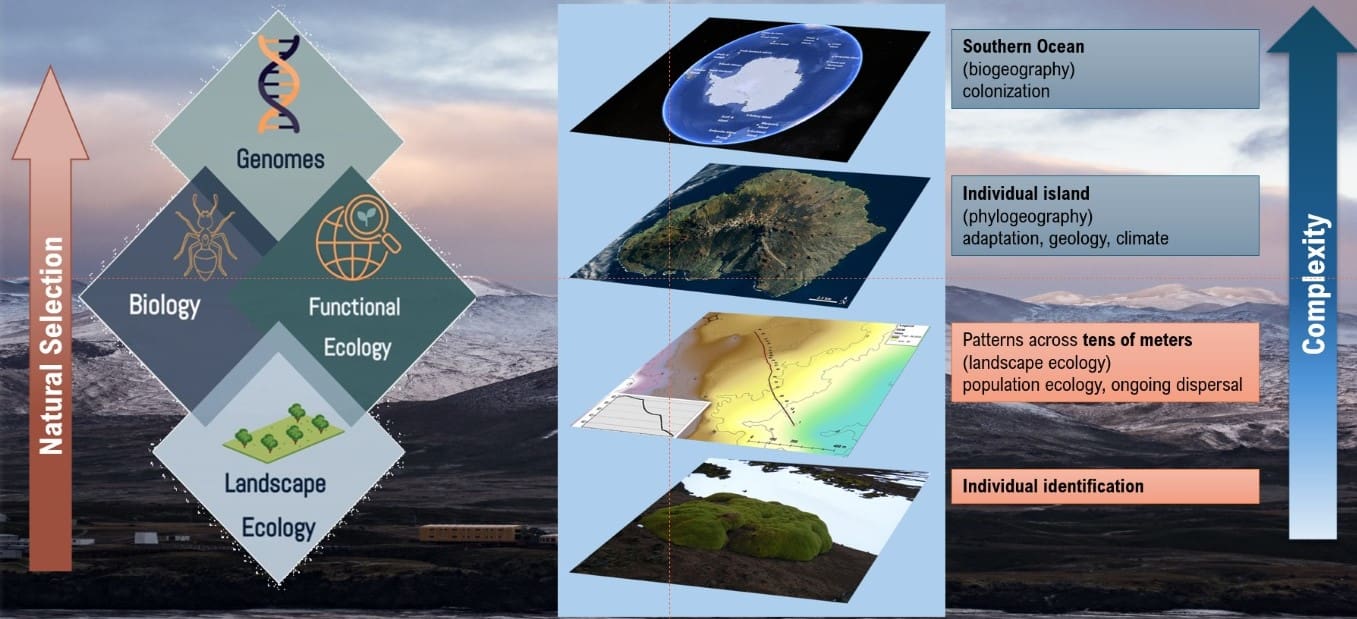 Bettine gave an overview of research that included research done by Daniela and Shilpha as they could not attend as they were on Marion Island. Foregrounding geodiversity in landscape ecology studies: insights from the sub-Antarctic – Daniela Monsanto (Abstract) Detecting signals of adaptive selection of an invasive springtail on sub-Antarctic Marion Island – Shilpha Parbhu (Abstract)
Bettine gave an overview of research that included research done by Daniela and Shilpha as they could not attend as they were on Marion Island. Foregrounding geodiversity in landscape ecology studies: insights from the sub-Antarctic – Daniela Monsanto (Abstract) Detecting signals of adaptive selection of an invasive springtail on sub-Antarctic Marion Island – Shilpha Parbhu (Abstract) Daniela Monsanto, Shilpa Parbhu, Sandra Durand, Arsalan Emami-Khoyi, Peter Teske, David Hedding
Daniela Monsanto, Shilpa Parbhu, Sandra Durand, Arsalan Emami-Khoyi, Peter Teske, David Hedding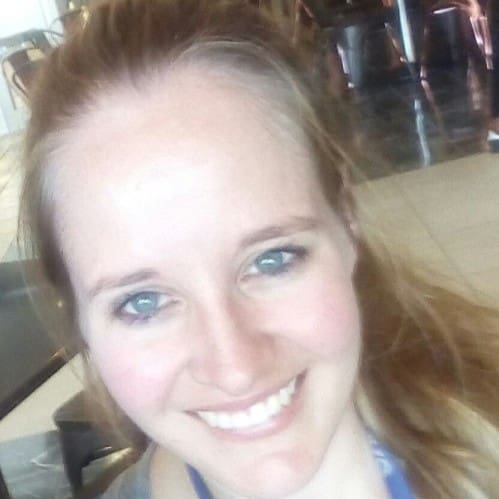 Morgan Raath-Kruger(left) and student of Peter le Roux at University of Pretoria gave an oral presentation and an introduction to her poster.
Morgan Raath-Kruger(left) and student of Peter le Roux at University of Pretoria gave an oral presentation and an introduction to her poster. Another abstract submitted but Carol Jacobs(right) could not present is on the biosecurity within the South African National Antarctic Programme. (Abstract)https://alp.lib.sun.ac.za/handle/123456789/29301
Another abstract submitted but Carol Jacobs(right) could not present is on the biosecurity within the South African National Antarctic Programme. (Abstract)https://alp.lib.sun.ac.za/handle/123456789/29301
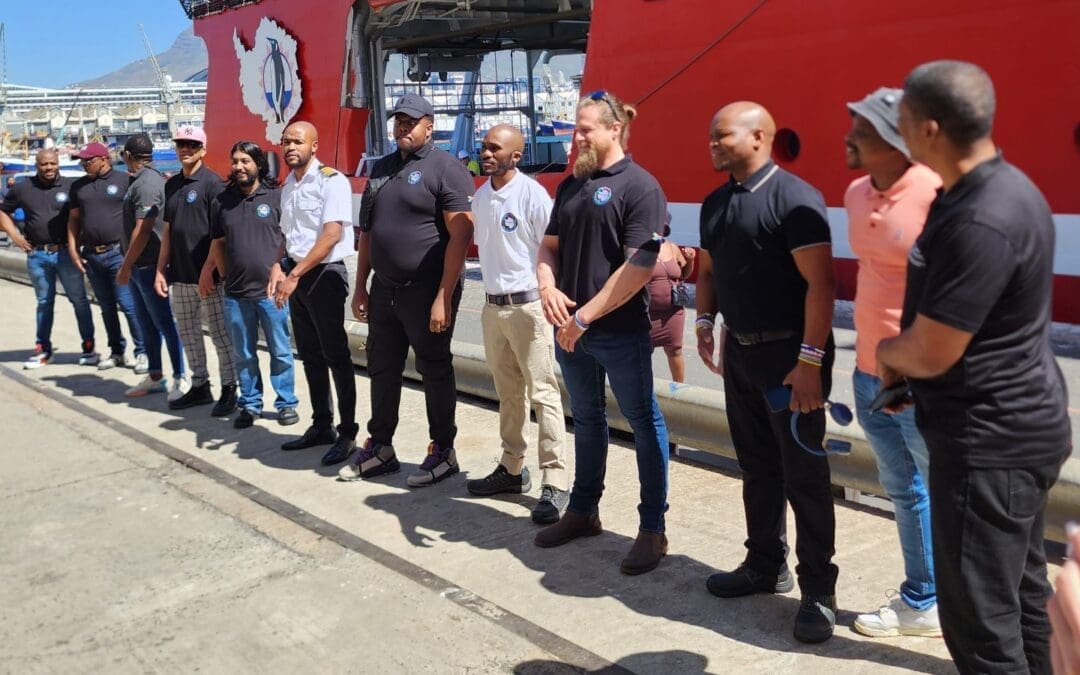
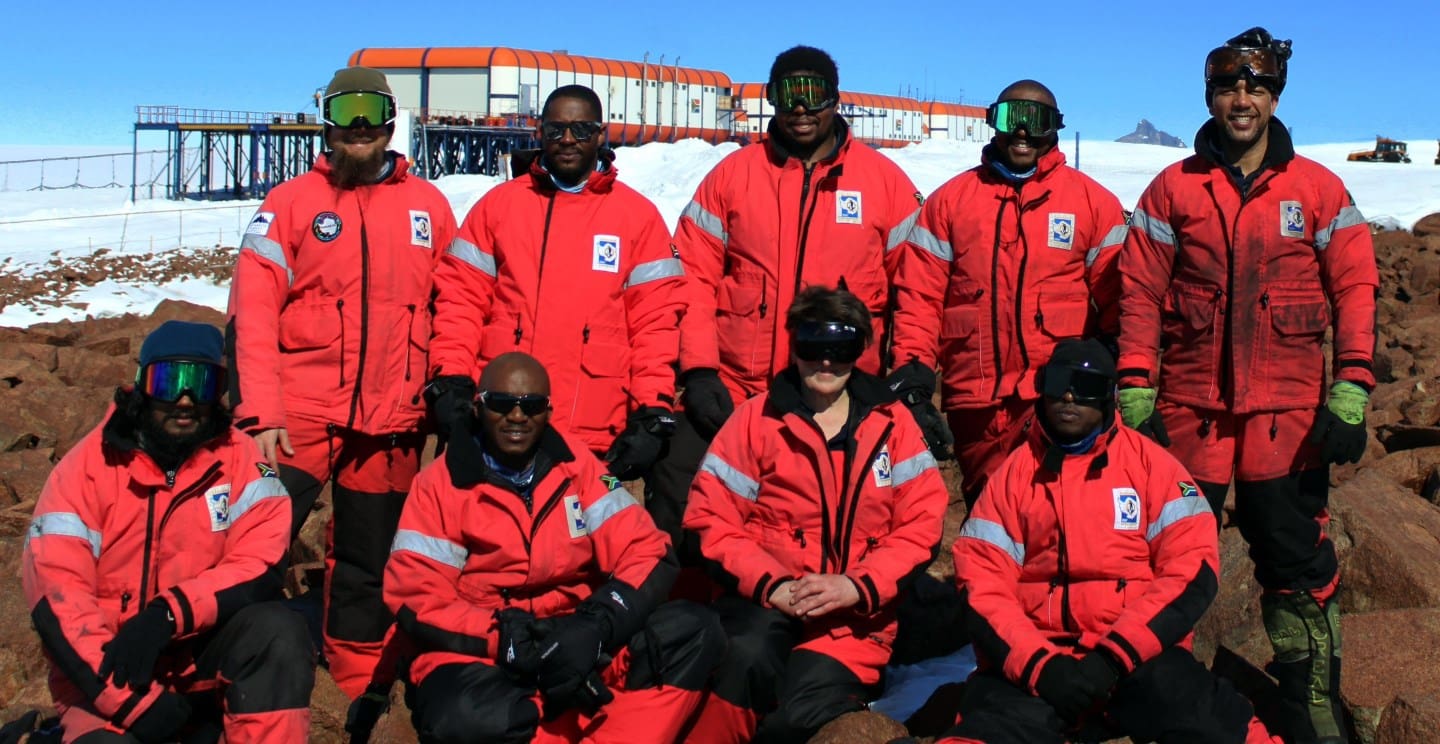 It was a great event to welcome back the SANAE62 overwintering team after they spent more than a year at Antarctica. Dr Aby Paton(front 3rd form left), medical doctor of the team did not return as she will be staying on at SANAEIV as team leader and medical doctor for SANAE63.
It was a great event to welcome back the SANAE62 overwintering team after they spent more than a year at Antarctica. Dr Aby Paton(front 3rd form left), medical doctor of the team did not return as she will be staying on at SANAEIV as team leader and medical doctor for SANAE63.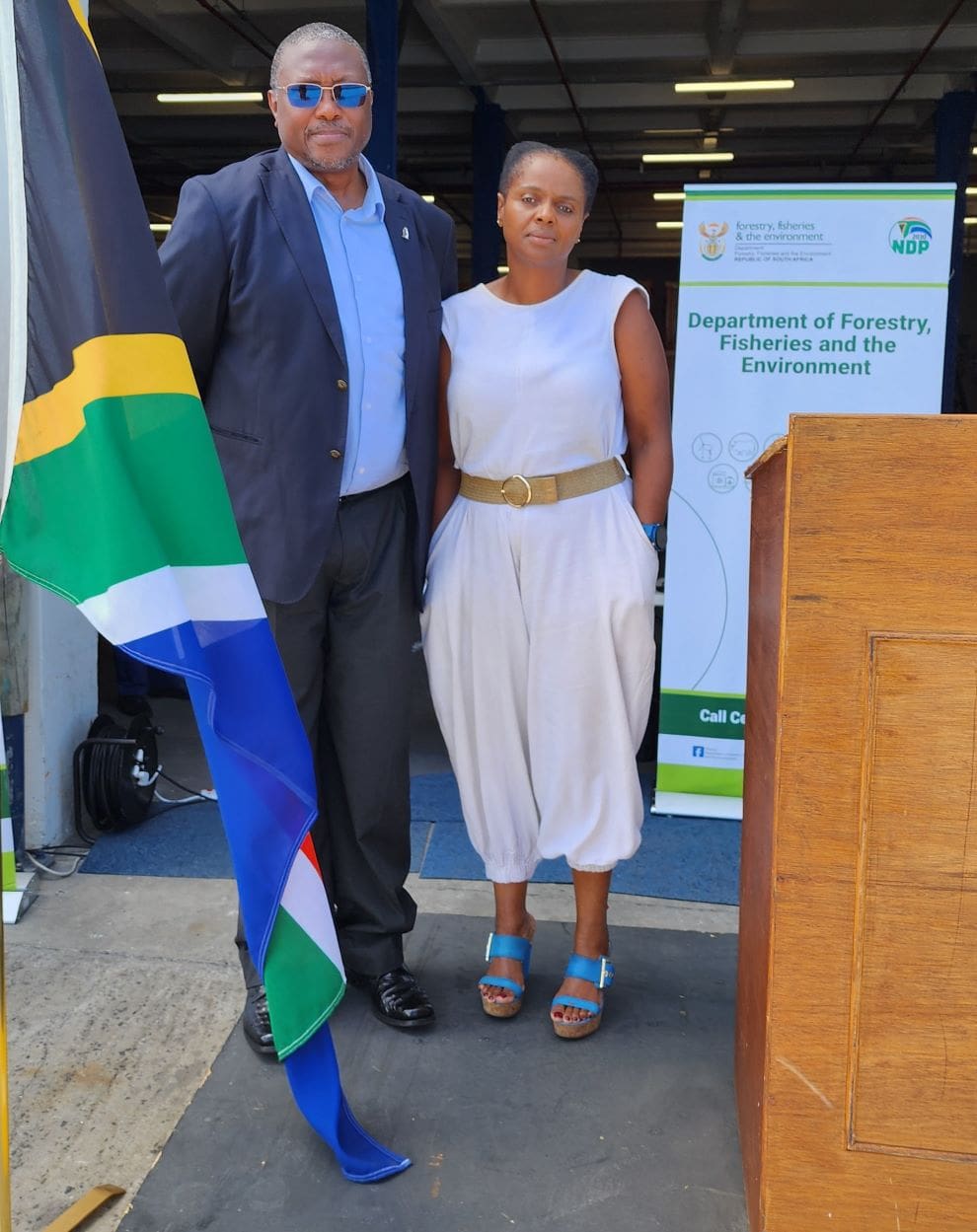
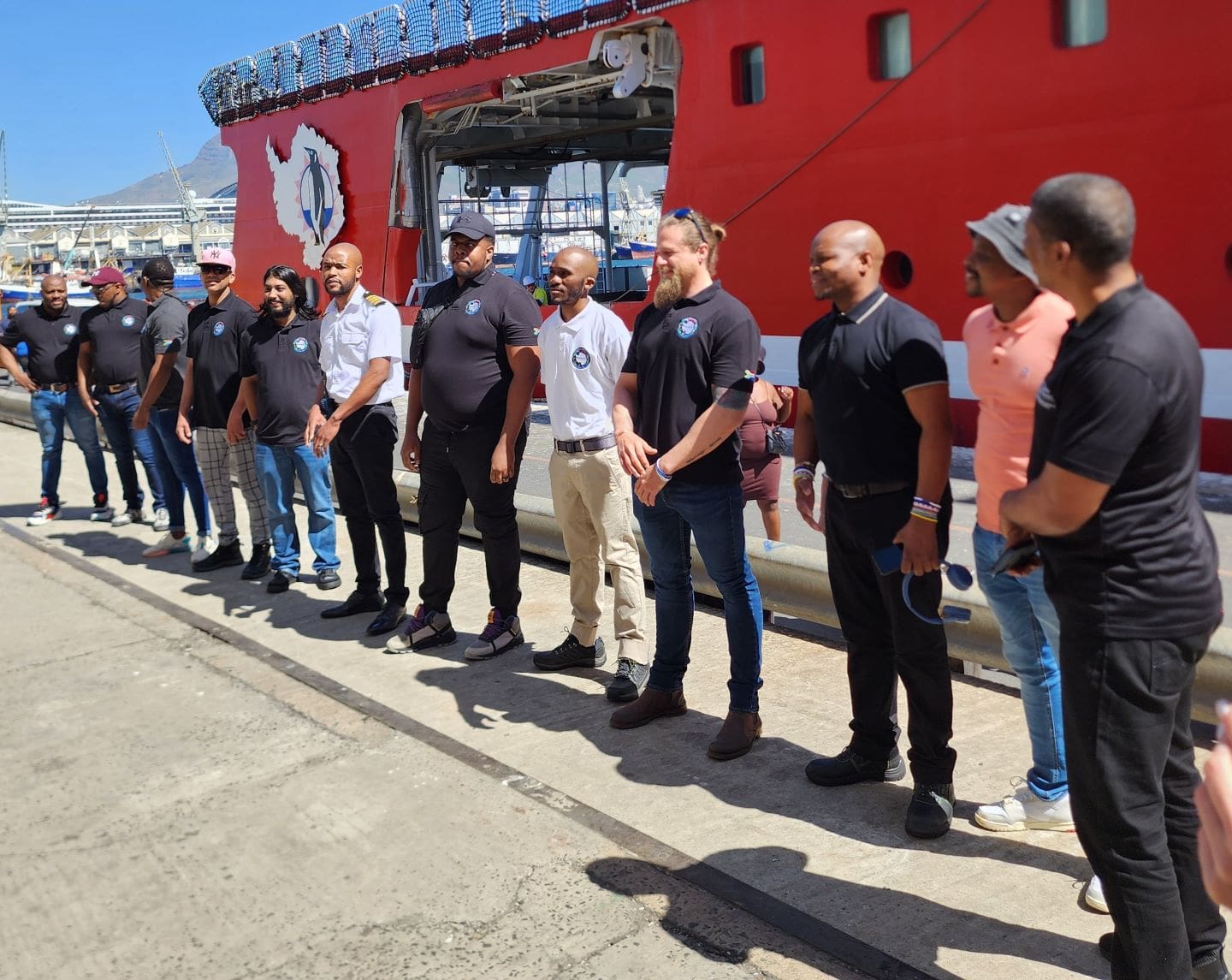 The event was organised by Ms Chuma Phamoli, Director of
The event was organised by Ms Chuma Phamoli, Director of 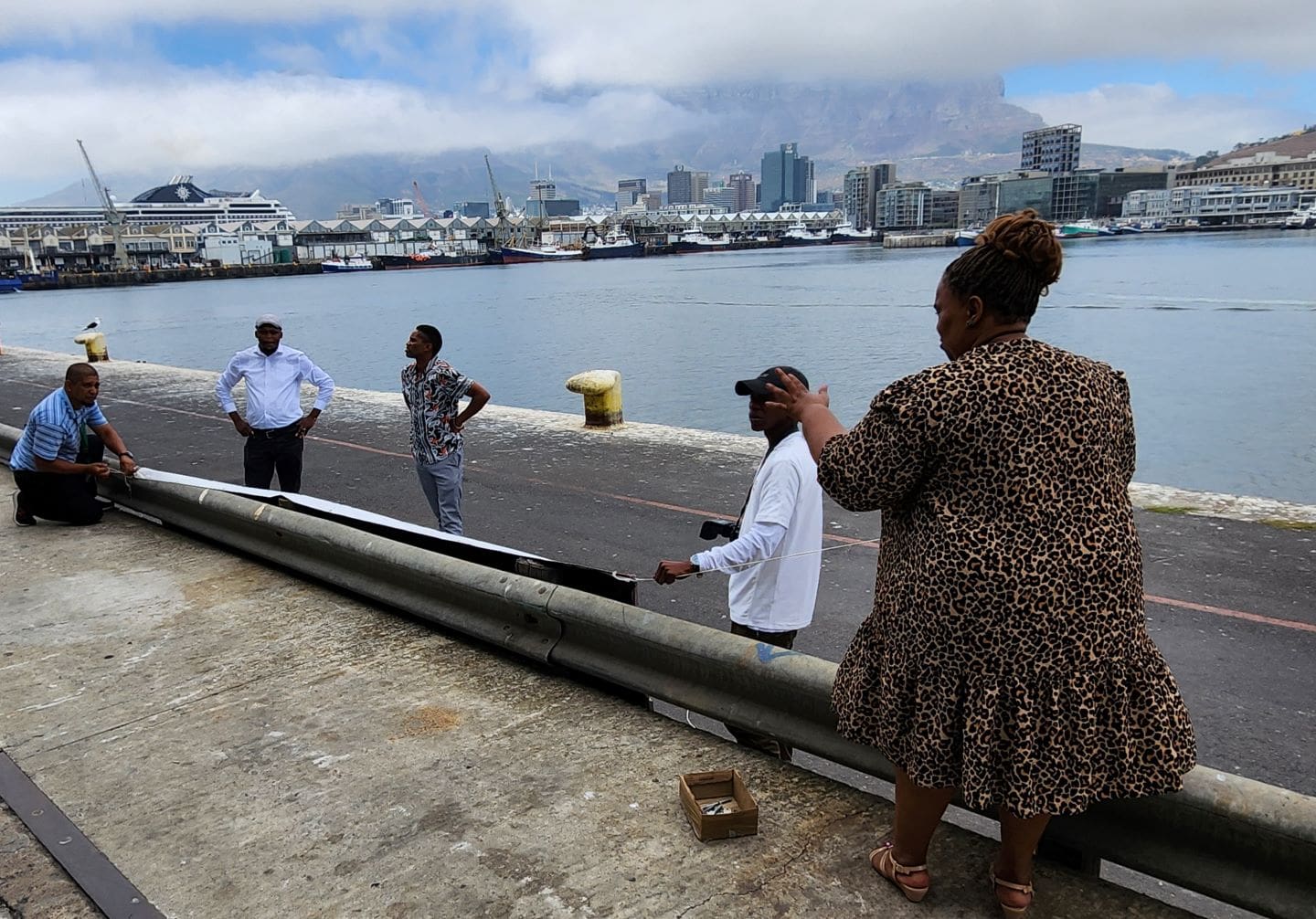
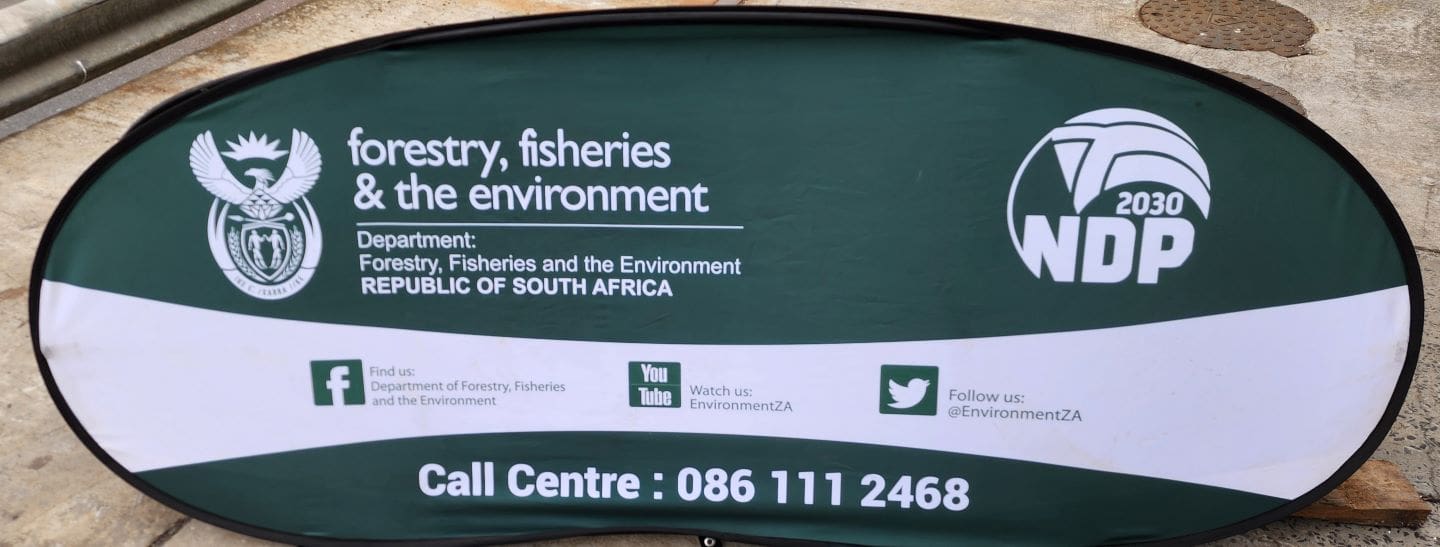
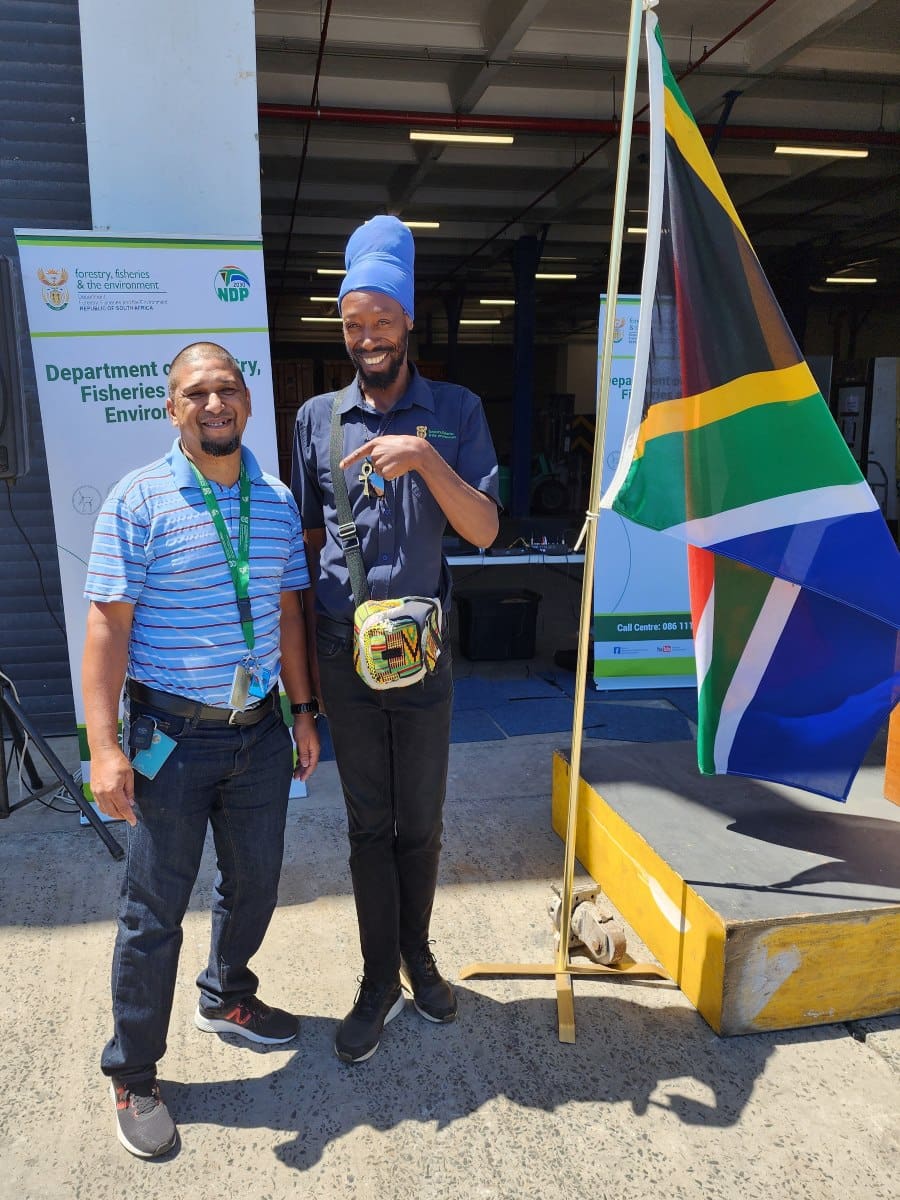 DFFE preparations for welcoming ceremony(image left). Zaid Watson and Mawonga Mandleni provided entertainment while everyone was waiting (image right)
DFFE preparations for welcoming ceremony(image left). Zaid Watson and Mawonga Mandleni provided entertainment while everyone was waiting (image right)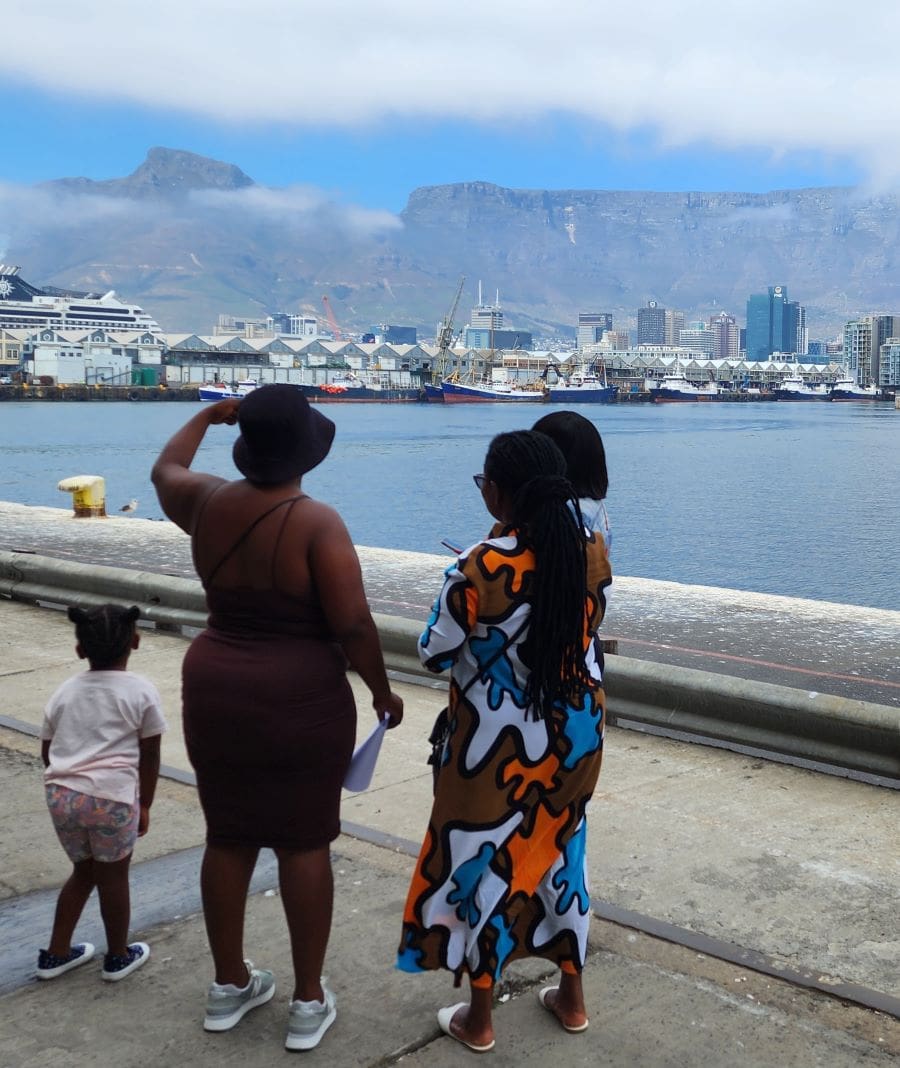
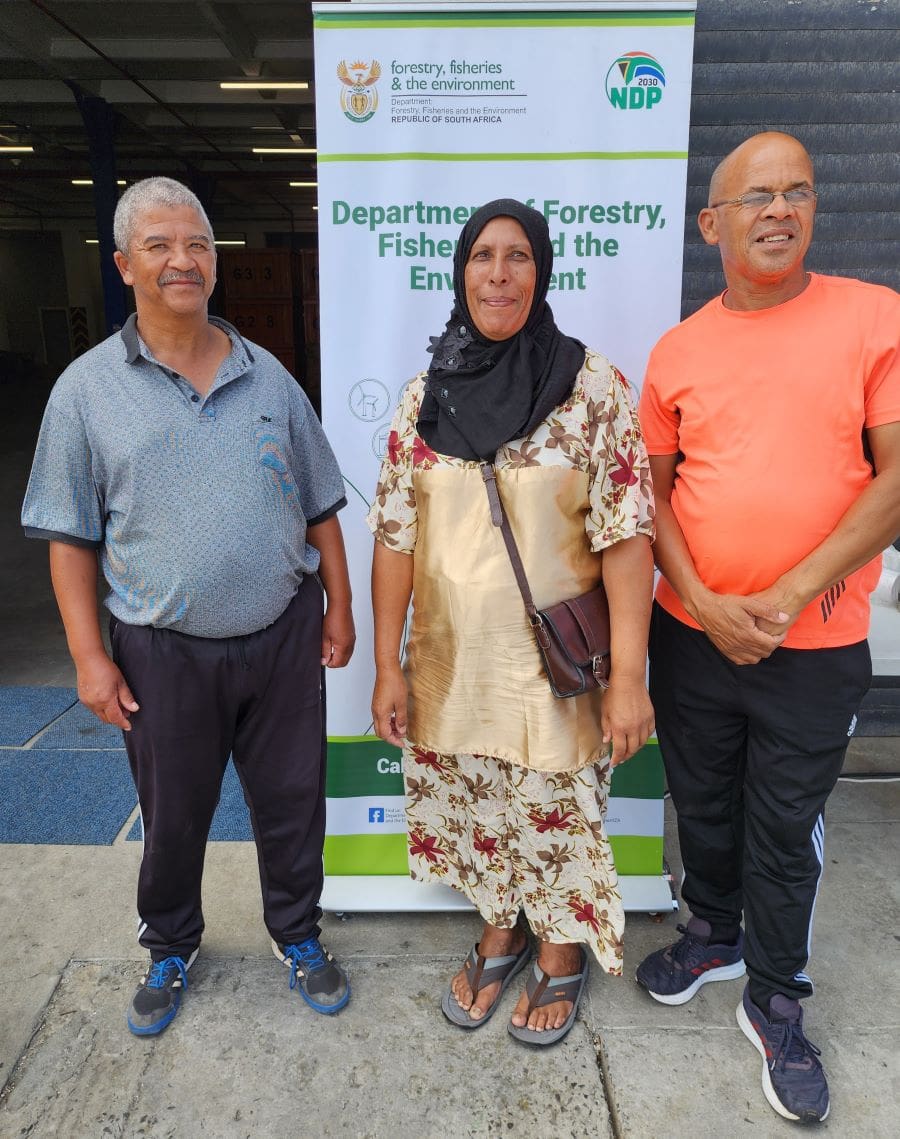
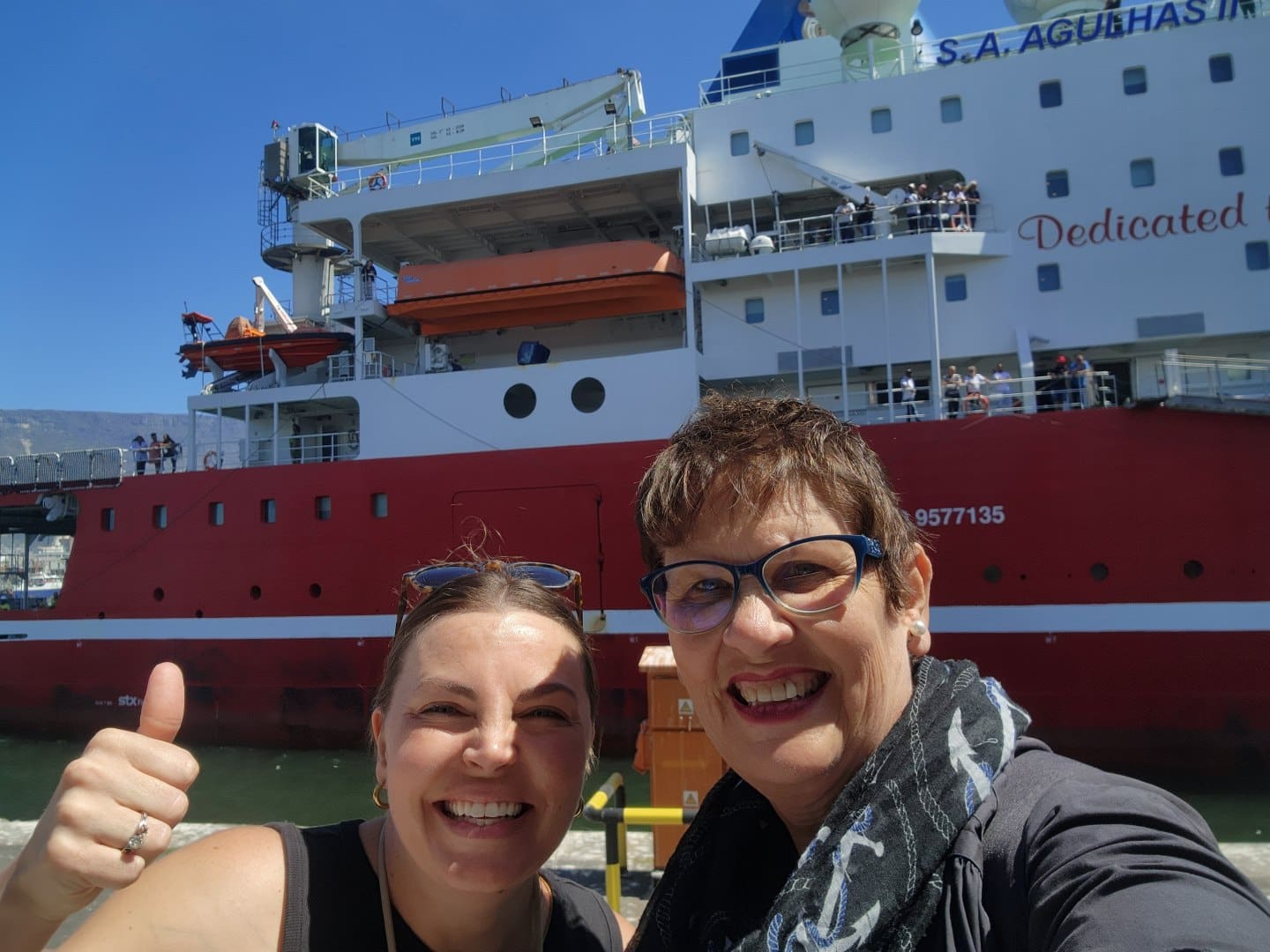 Family, friend and colleagues wait to greet everyone
Family, friend and colleagues wait to greet everyone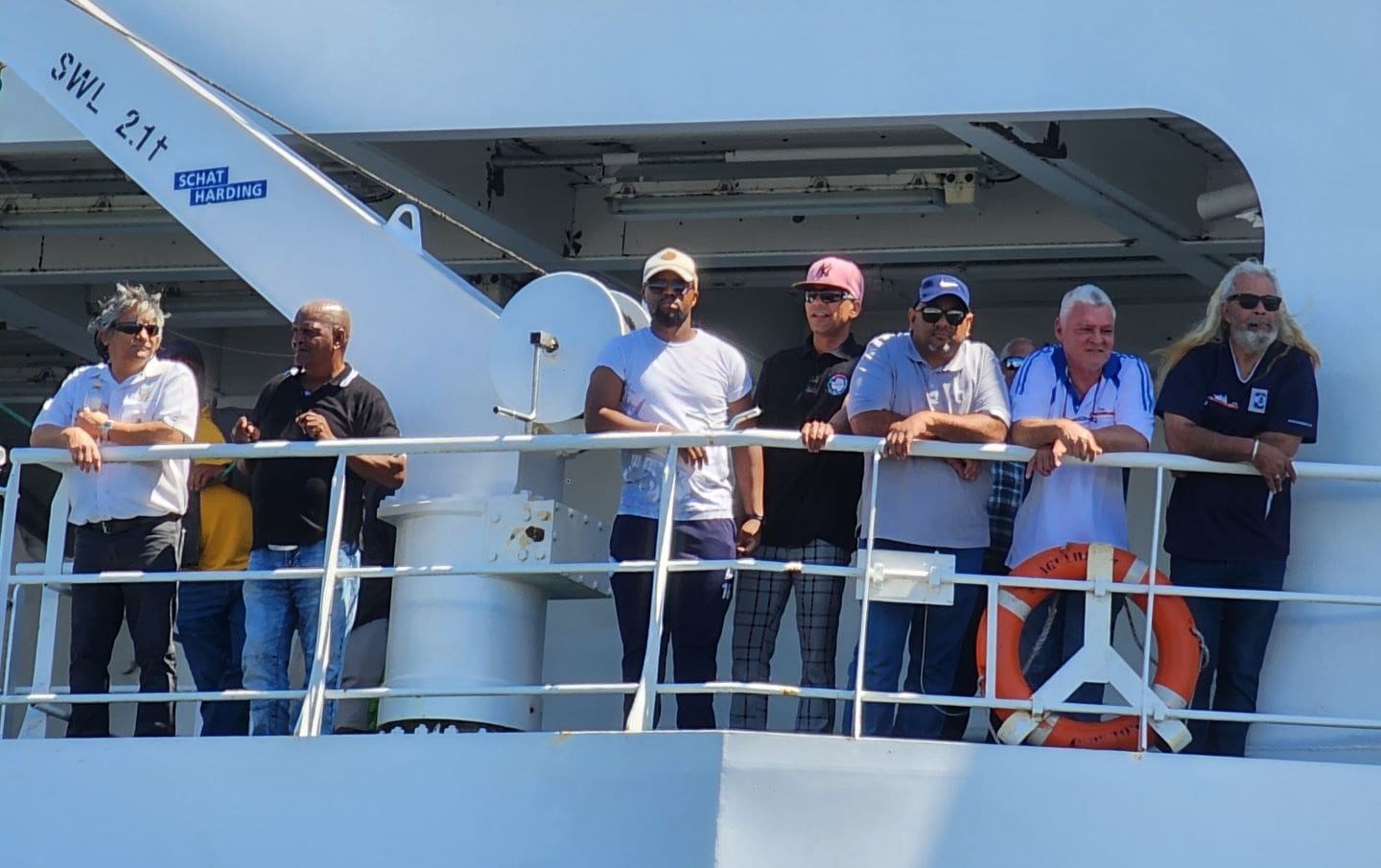
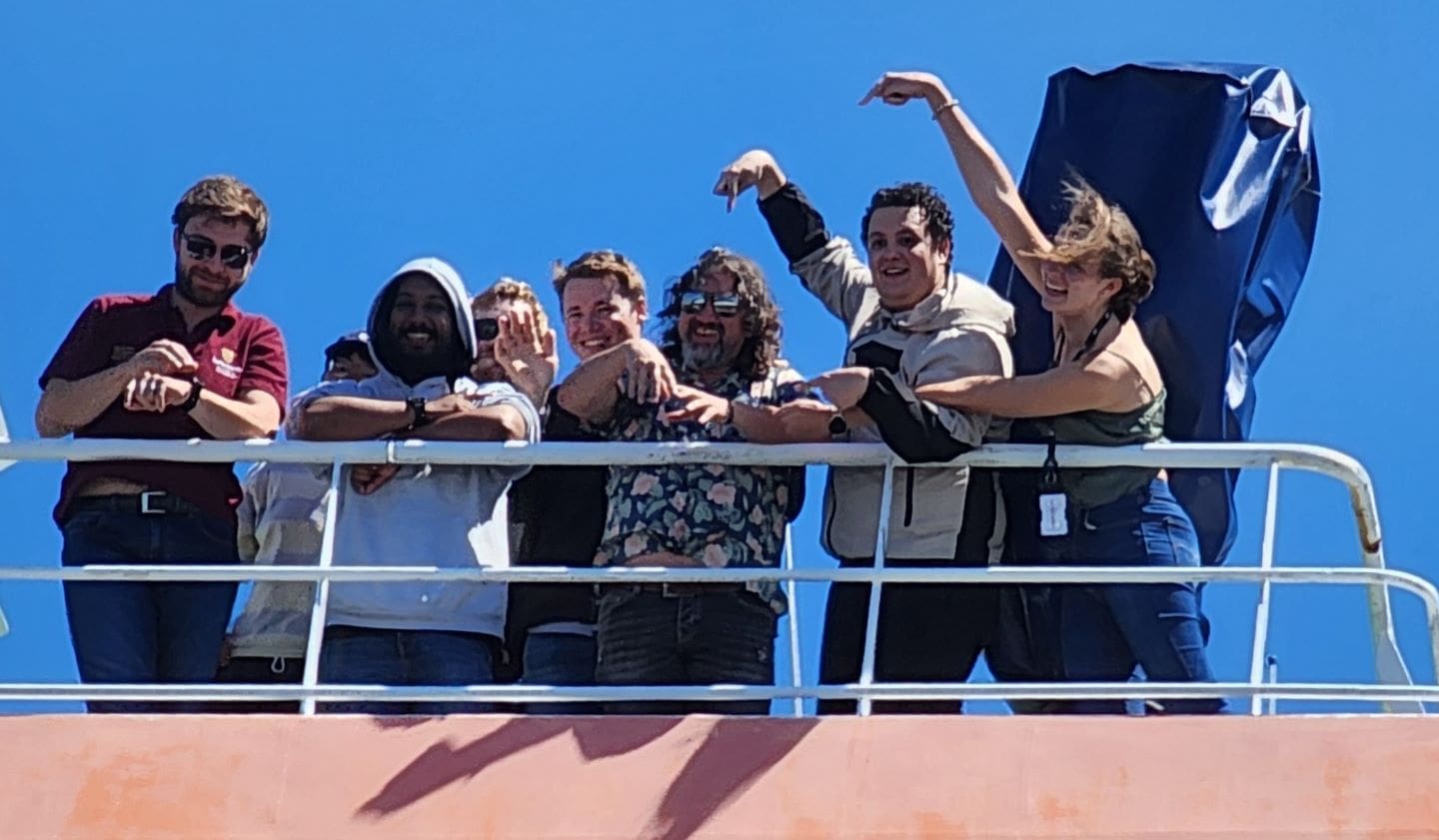
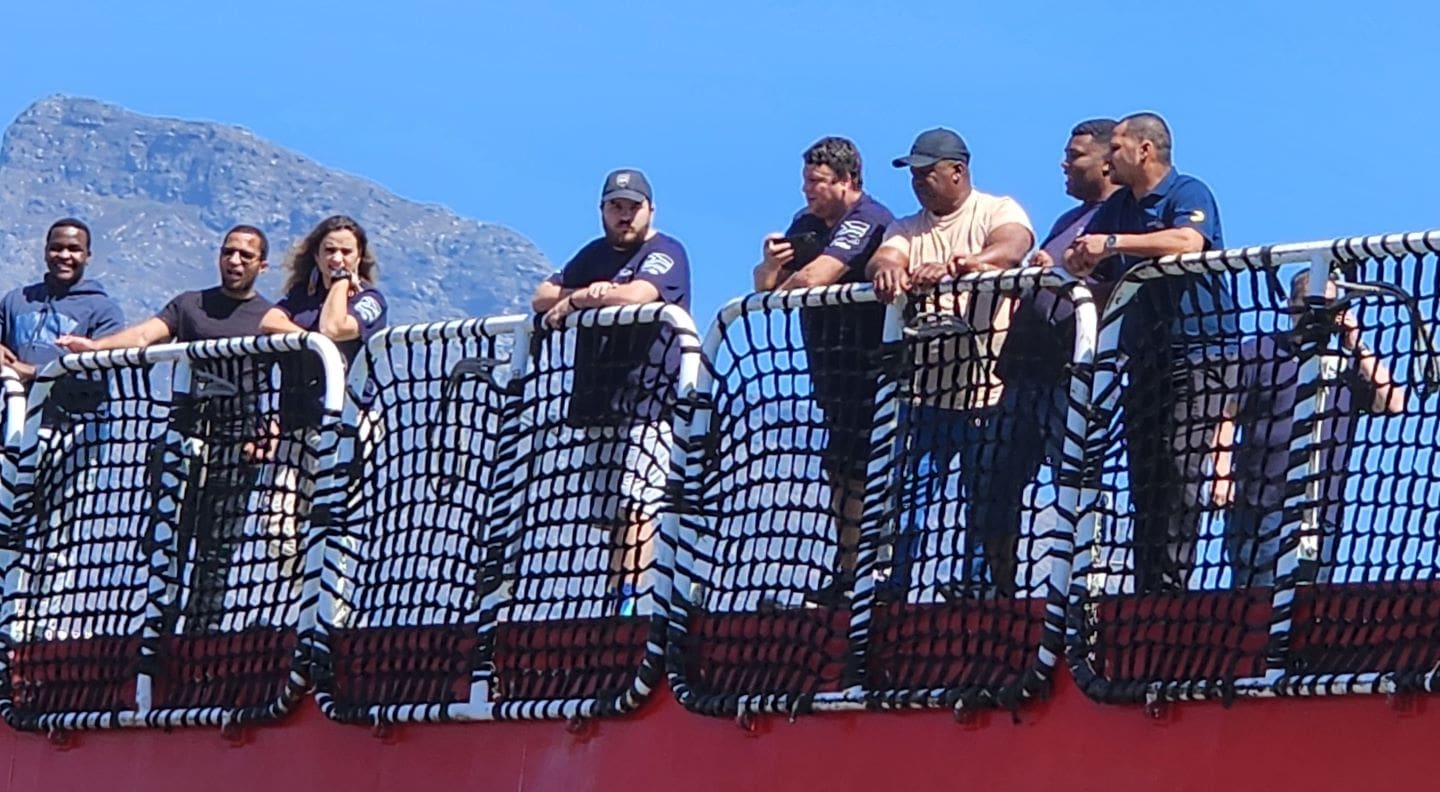
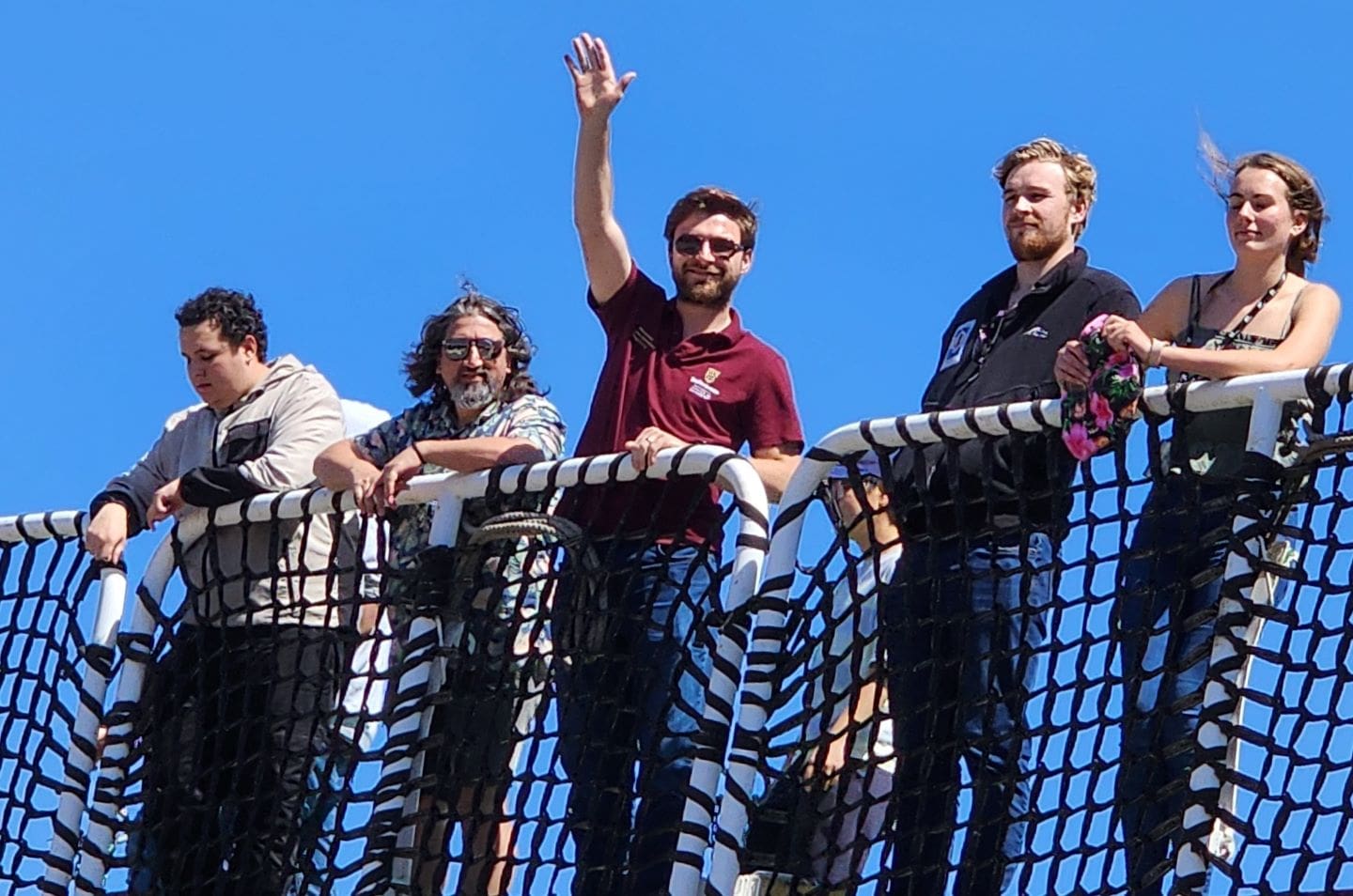
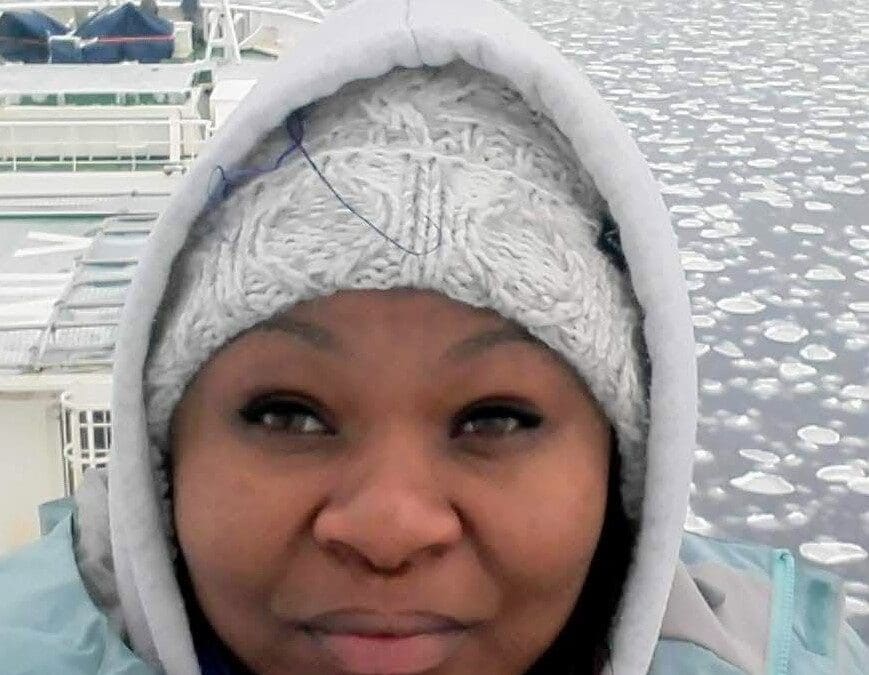
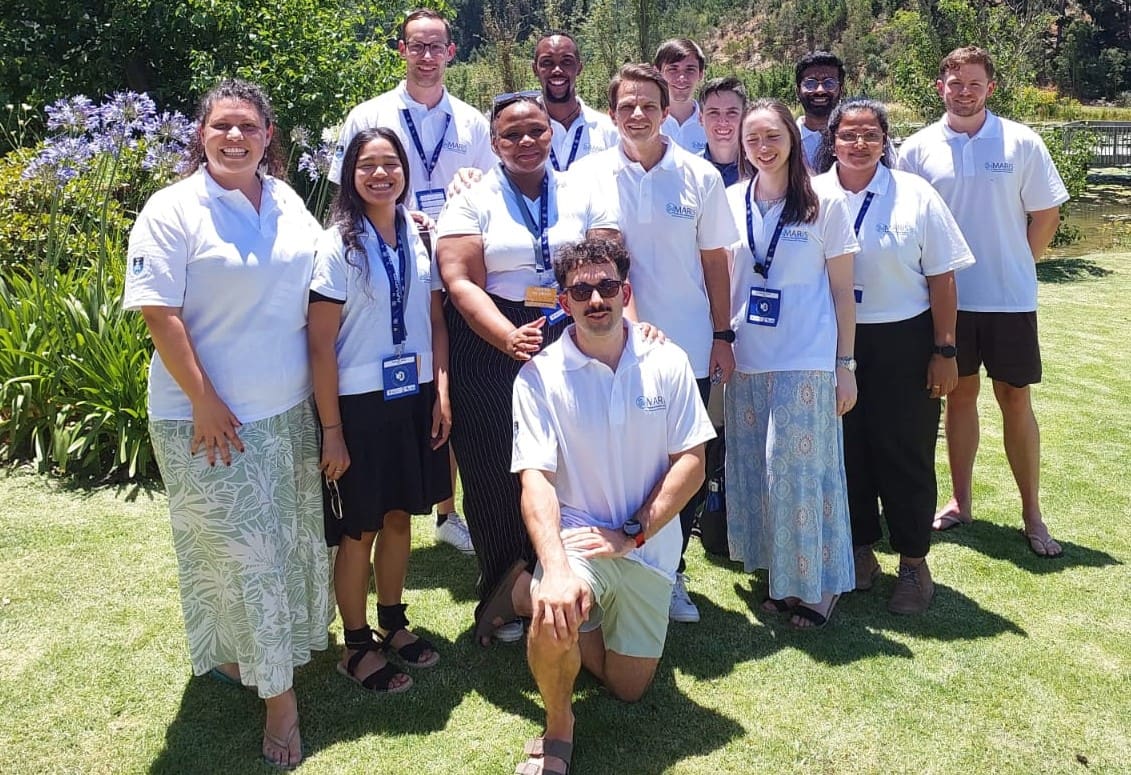 MARIS started the first session on Southern Ocean research within SANAP with focus on SEA ICE. Above: Rutger Marquart, Magata Mangatane, Dylan White, Anand Nair, Wayne de Jager, Leila Nefdt, Safiyyah Moos, Tokoloho Rampai, Marcello Vichi, Robyn Verrinder, Hayley Swait, Riesna Audh, James van Niekerk. (Photo Credit: MARIS)
MARIS started the first session on Southern Ocean research within SANAP with focus on SEA ICE. Above: Rutger Marquart, Magata Mangatane, Dylan White, Anand Nair, Wayne de Jager, Leila Nefdt, Safiyyah Moos, Tokoloho Rampai, Marcello Vichi, Robyn Verrinder, Hayley Swait, Riesna Audh, James van Niekerk. (Photo Credit: MARIS)
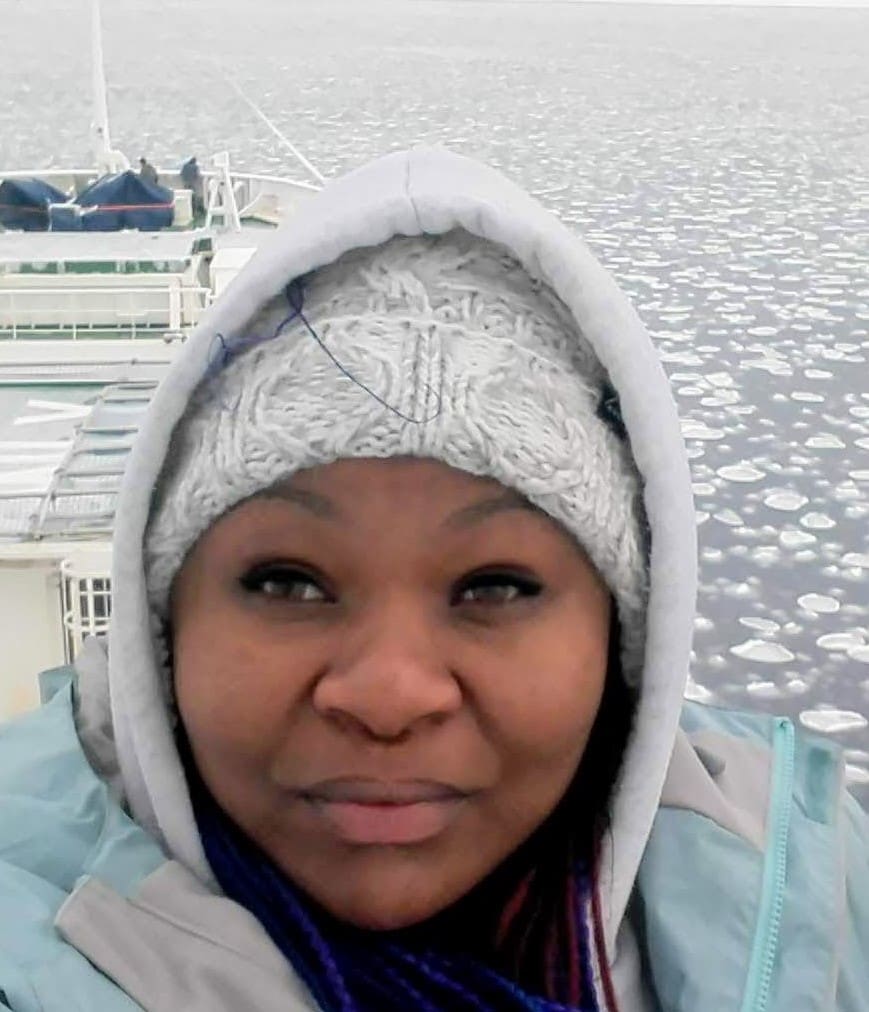
 Oral presentations:
Oral presentations: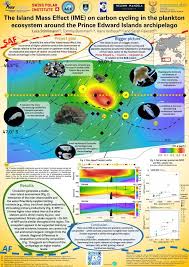 Poster Presentations were displayed in the venue during the symposium and presenters gave a quick introduction to their posters during the round-table session.
Poster Presentations were displayed in the venue during the symposium and presenters gave a quick introduction to their posters during the round-table session.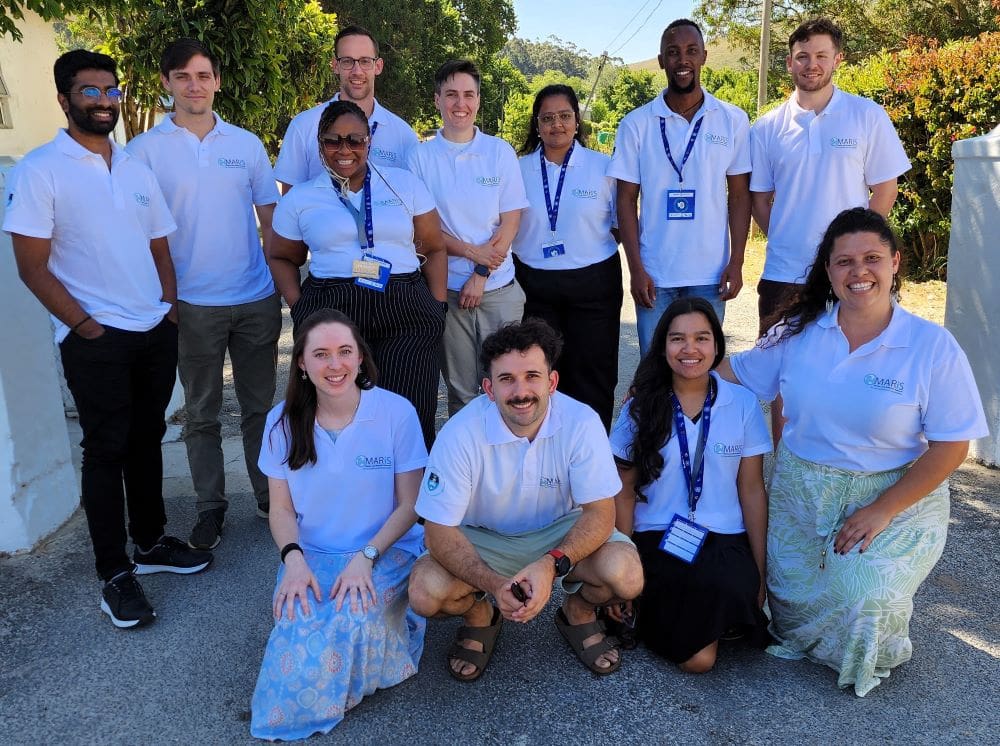
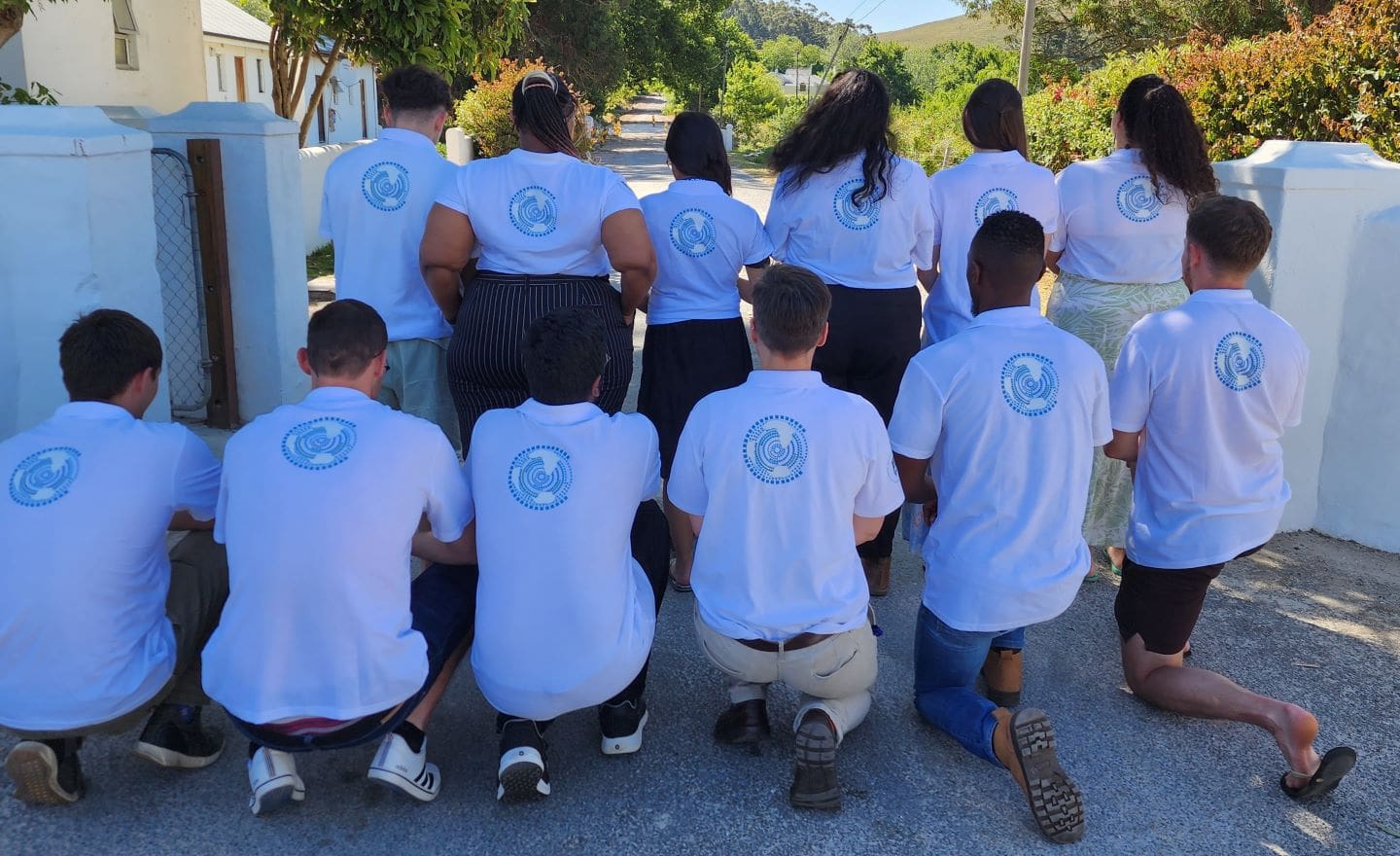

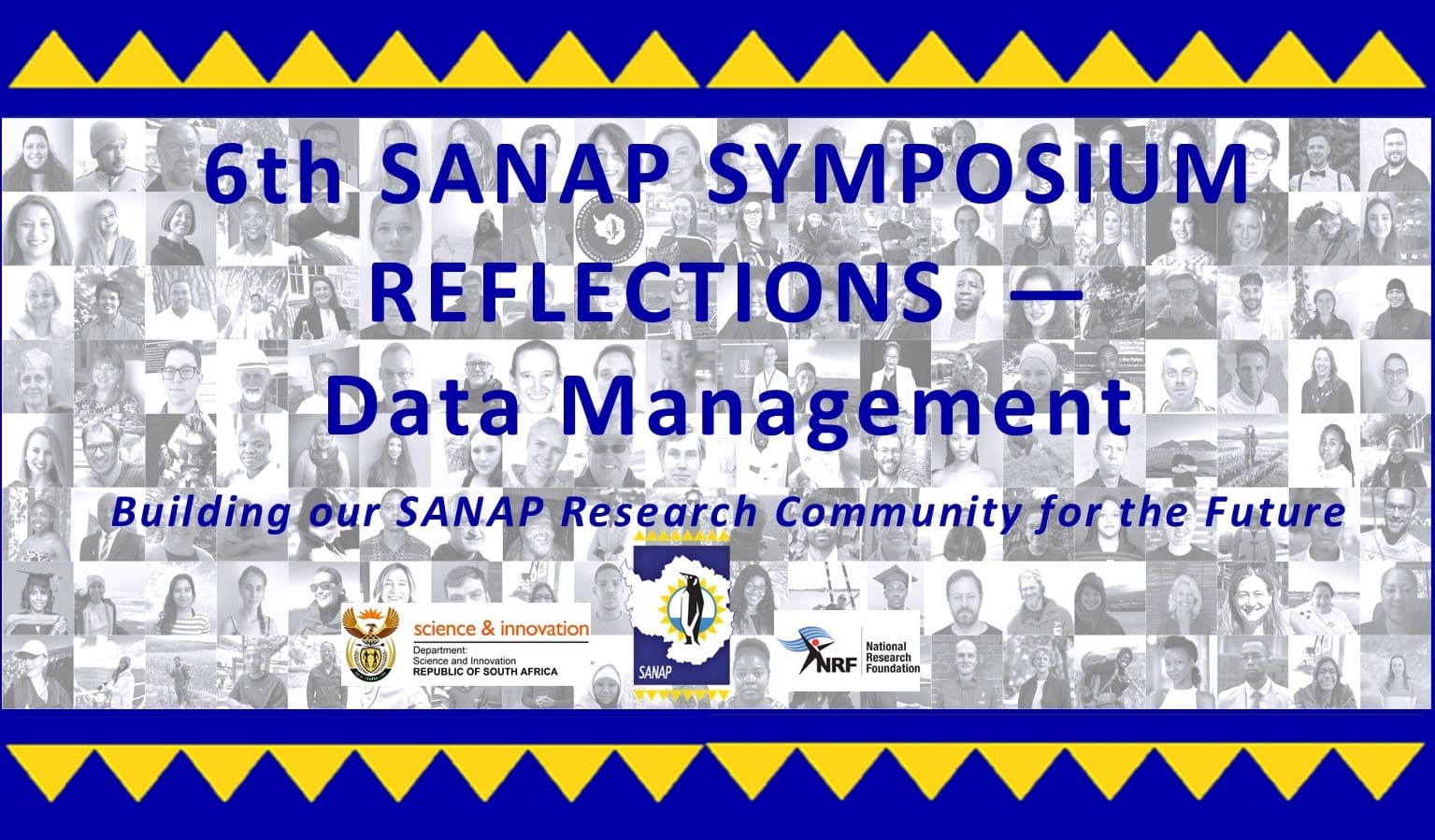 During the 6th Symposium sessions were allocated to cross cutting disciplines and it led to great presentations and discussions. 12- 16 February is
During the 6th Symposium sessions were allocated to cross cutting disciplines and it led to great presentations and discussions. 12- 16 February is 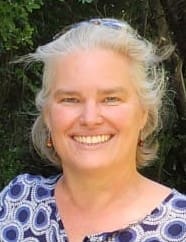 Anne Treasure(right) South Africa’s representative at Standing Committee on Data Management(SCADM) at SCAR and Data Products and Society Manager of the South African Polar Institute(SAPRI) chaired the main session on data management. This session included very interesting presentations from various science disciplines.
Anne Treasure(right) South Africa’s representative at Standing Committee on Data Management(SCADM) at SCAR and Data Products and Society Manager of the South African Polar Institute(SAPRI) chaired the main session on data management. This session included very interesting presentations from various science disciplines.
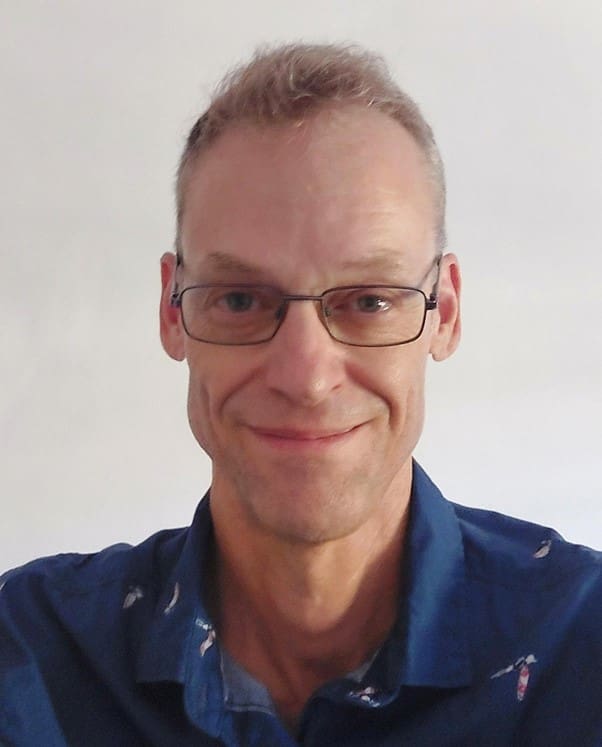

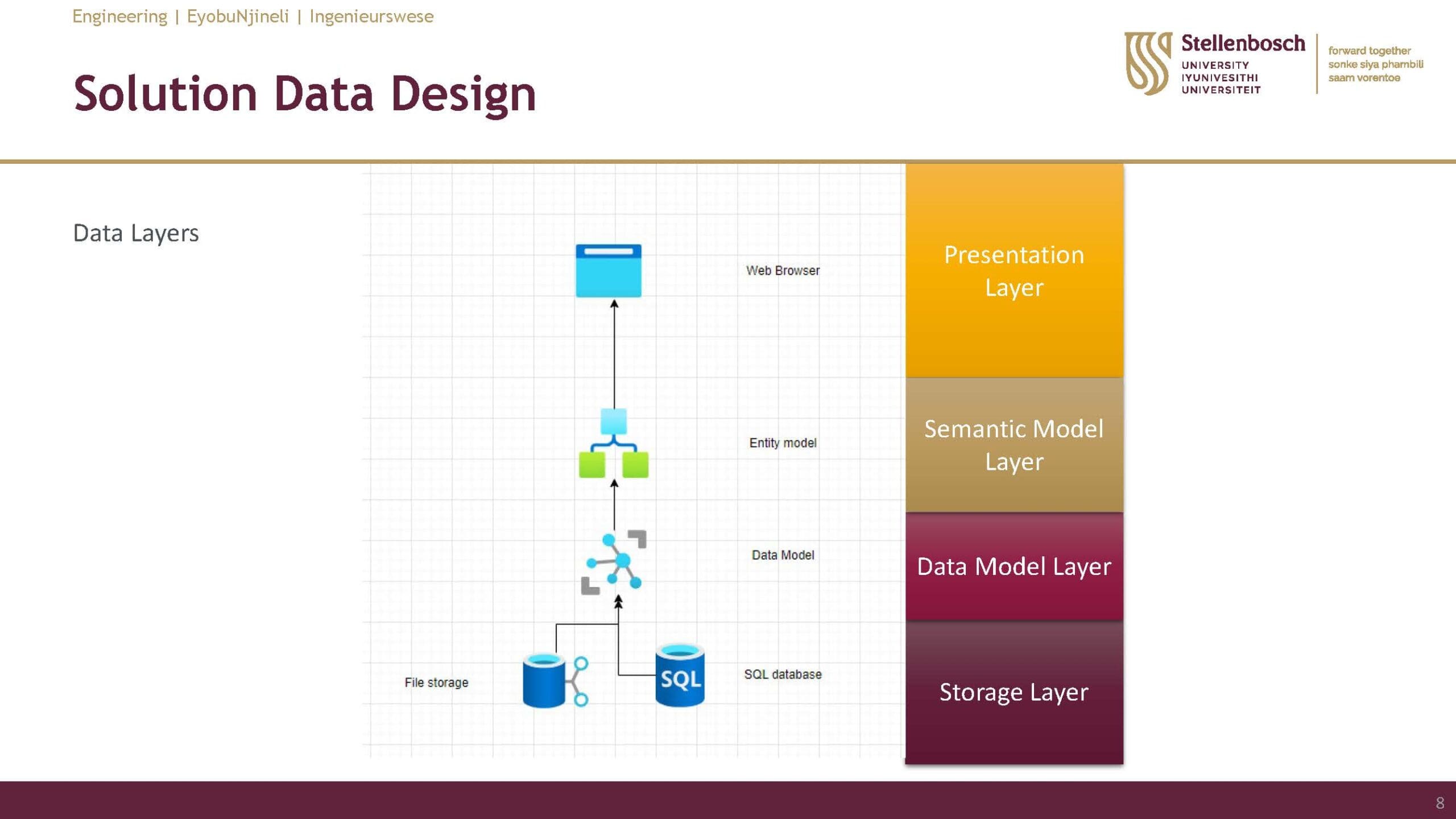
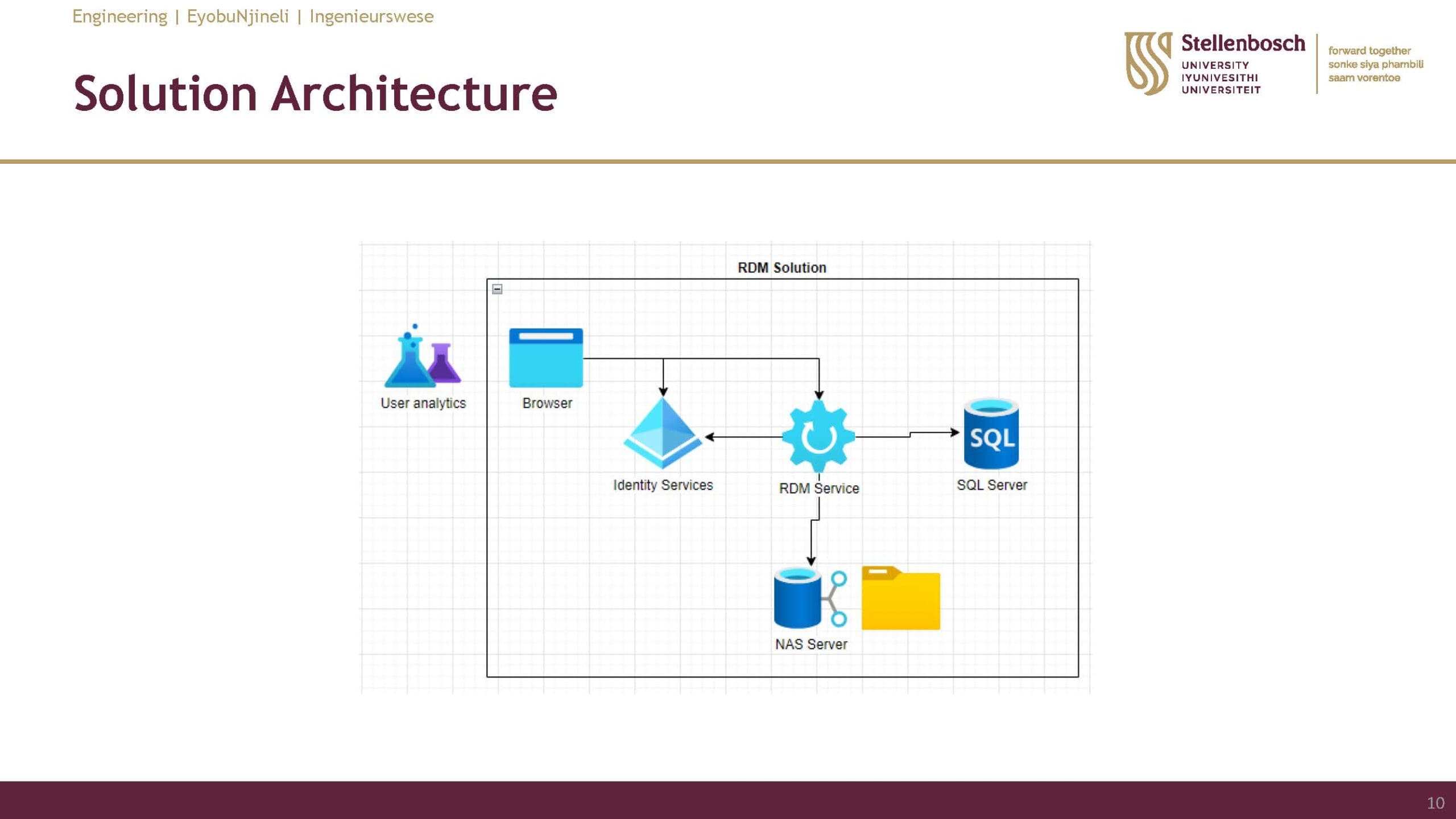
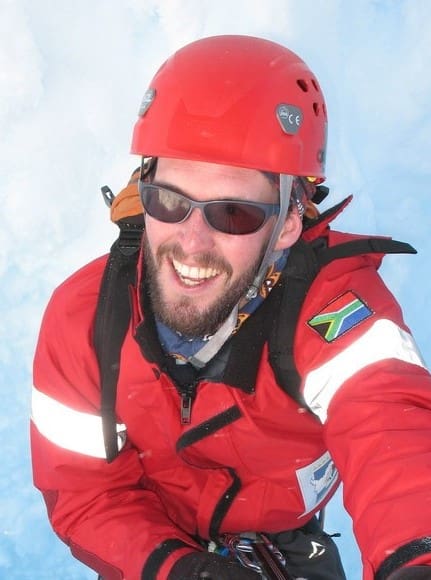
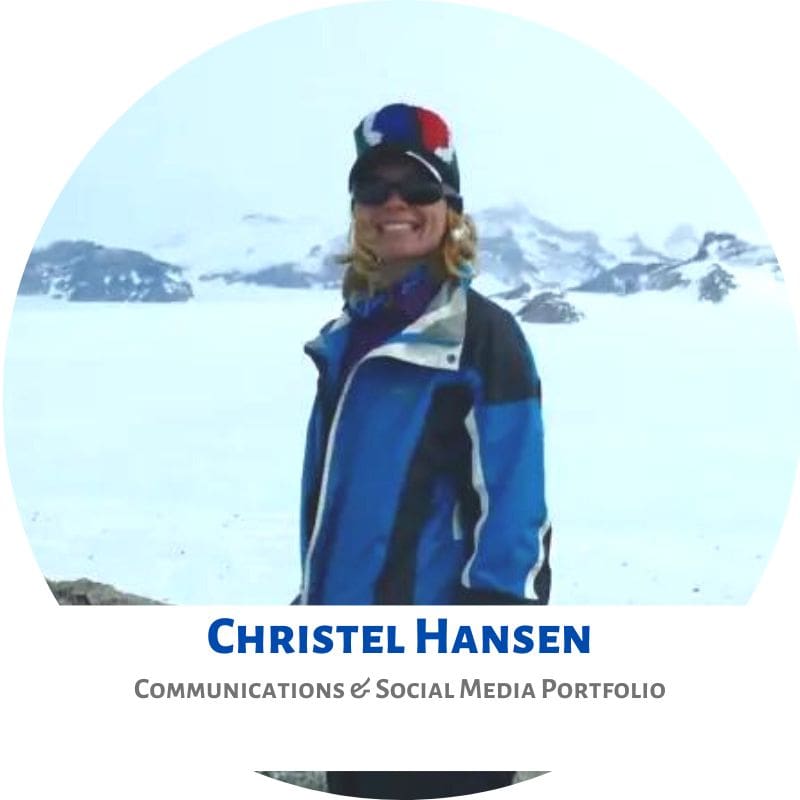
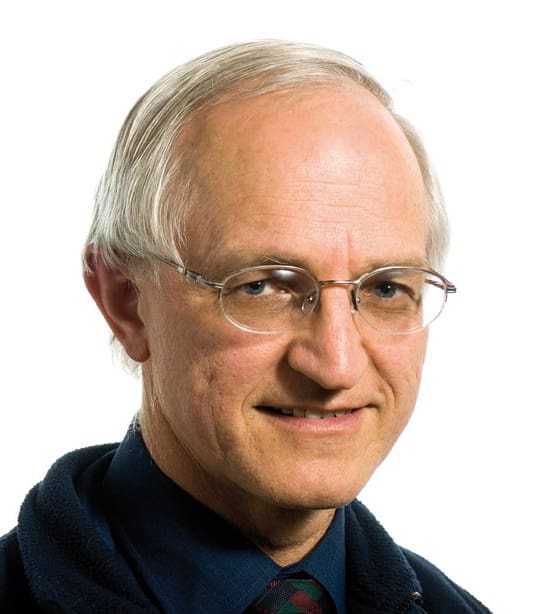
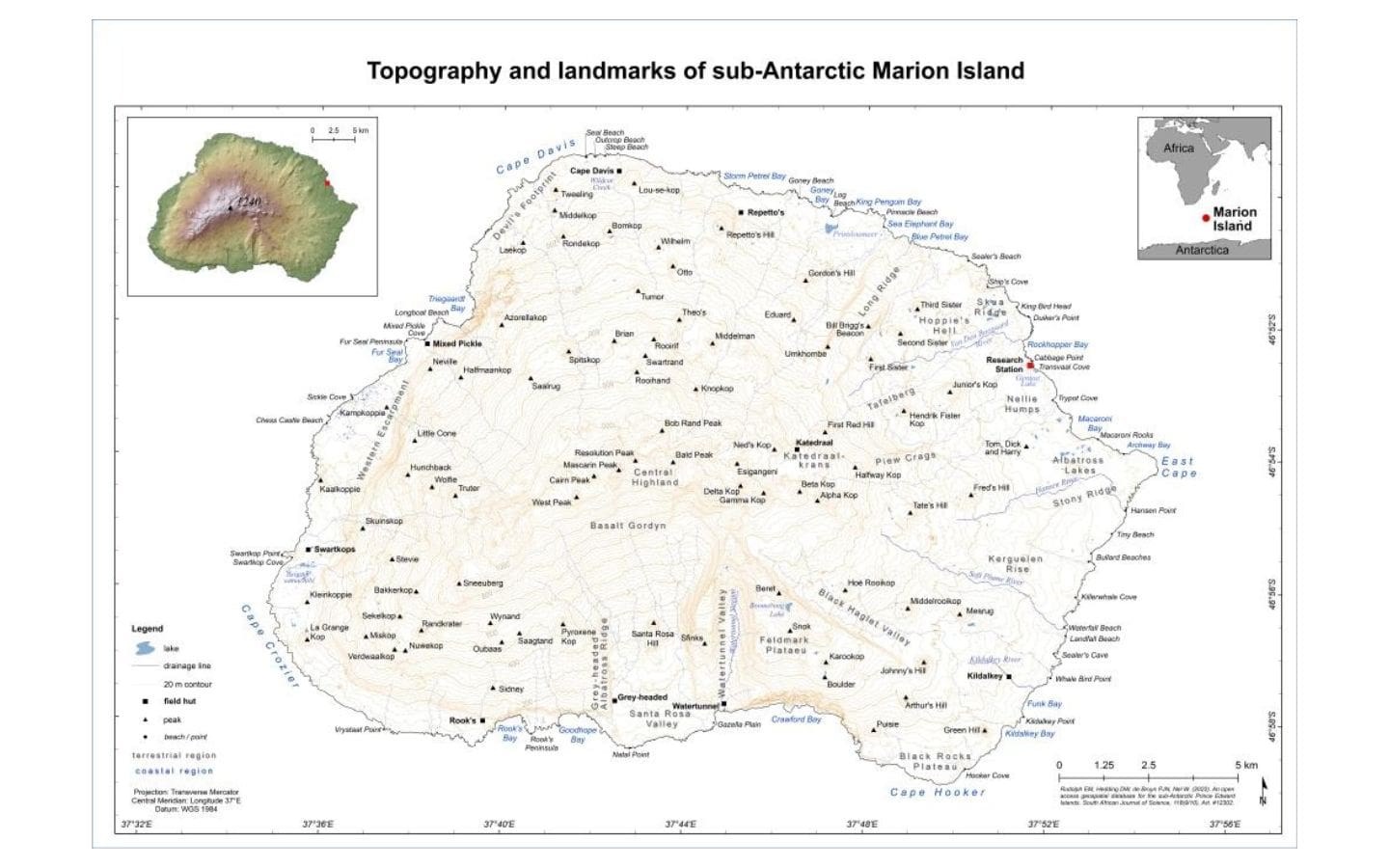 Christel Hansen
Christel Hansen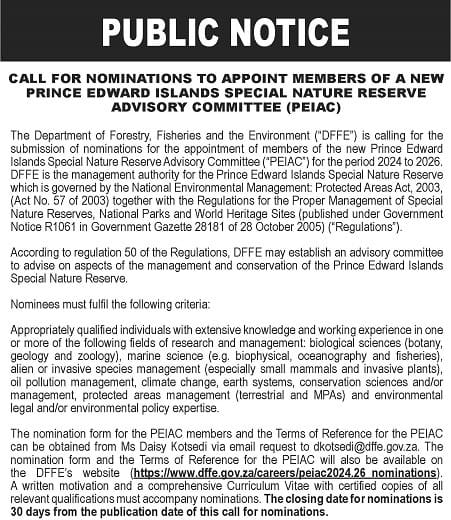
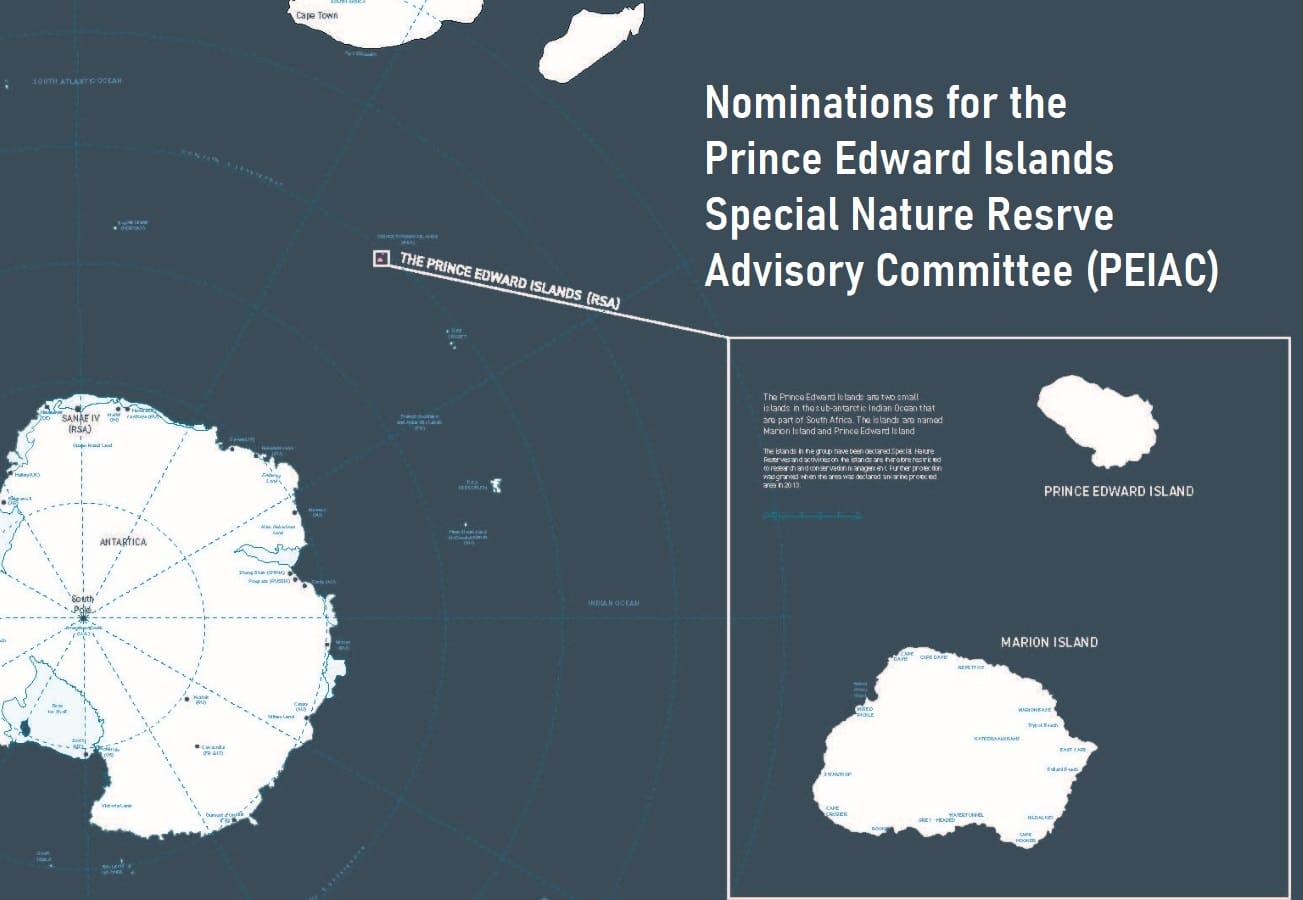 The Department of Forestry, Fisheries and the Environment is calling for the submission of nominations for the appointment of members to serve on the Prince Edward Islands Special Nature Reserve Advisory Committee (“PEIAC”) for the period 2024 to 2026.
The Department of Forestry, Fisheries and the Environment is calling for the submission of nominations for the appointment of members to serve on the Prince Edward Islands Special Nature Reserve Advisory Committee (“PEIAC”) for the period 2024 to 2026.





